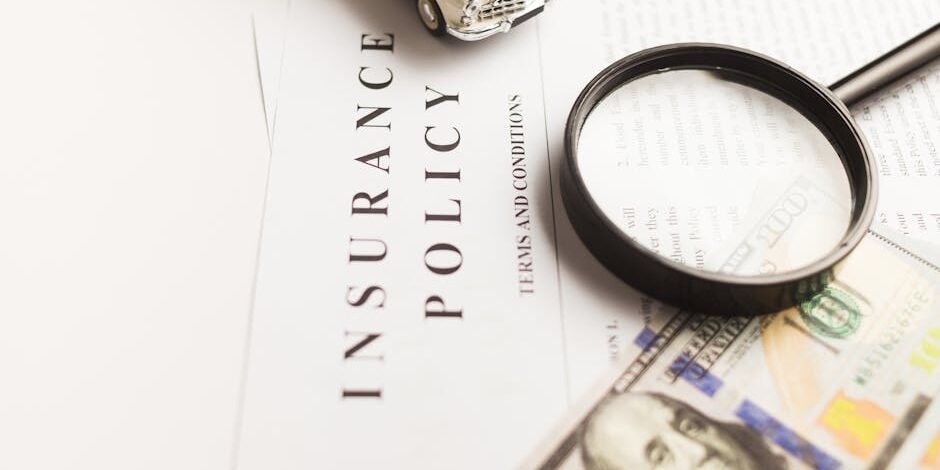
Full Tort or Limited Tort in PA: Make the Smart Choice
Pennsylvania Full Tort vs Limited Tort: Smart 2025 GuideWhy Your Pennsylvania Auto Insurance Choice Matters More Than You Think Pennsylvania...
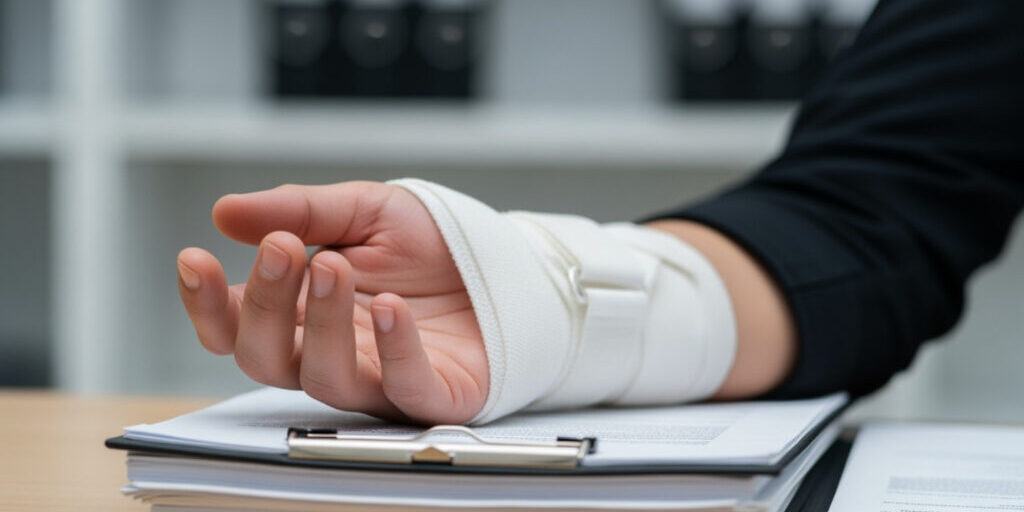
Demystifying PA Injury Claims: Your Rights and Next Steps
Pennsylvania injury claim: Essential 2025 Guide Understanding Pennsylvania Injury Claims: Your Legal Rights and Deadlines If you've been injured in...
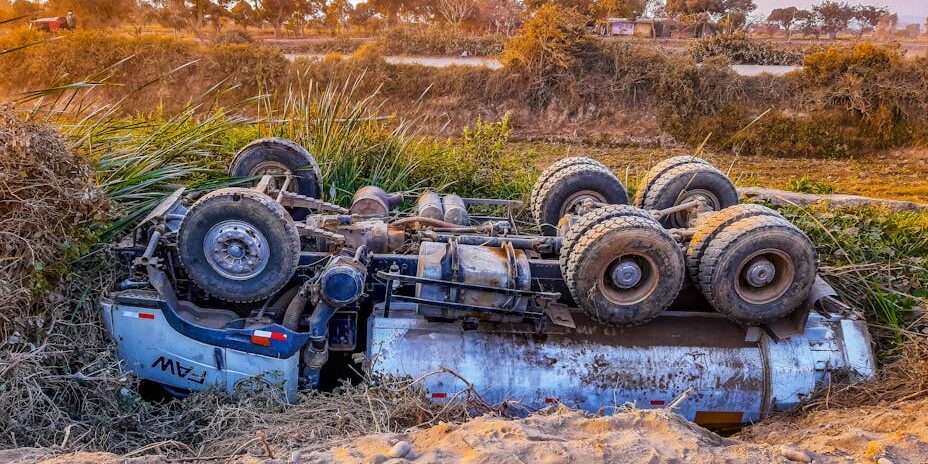
Big Rig Wreck? Get the Right PA Truck Accident Attorney
PA truck accident lawyer: Get Justice in 2025! Why Pennsylvania Truck Accidents Require Immediate Legal Action If you're injured in...
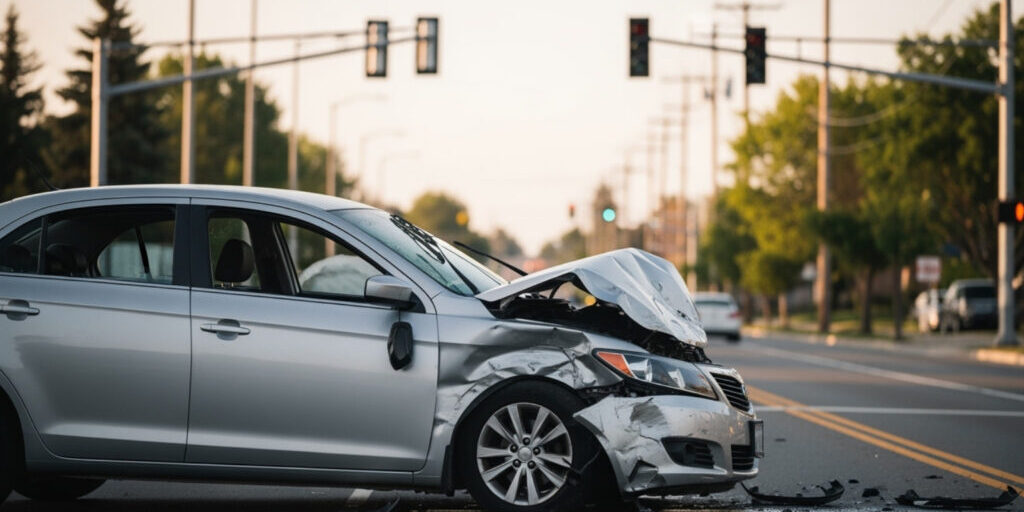
Crash Course: How to Pick a Williamsport Car Accident Attorney
Williamsport Car Accident Lawyer: 10 Reasons Why Navigating the Aftermath of a Collision If you need a williamsport car accident...
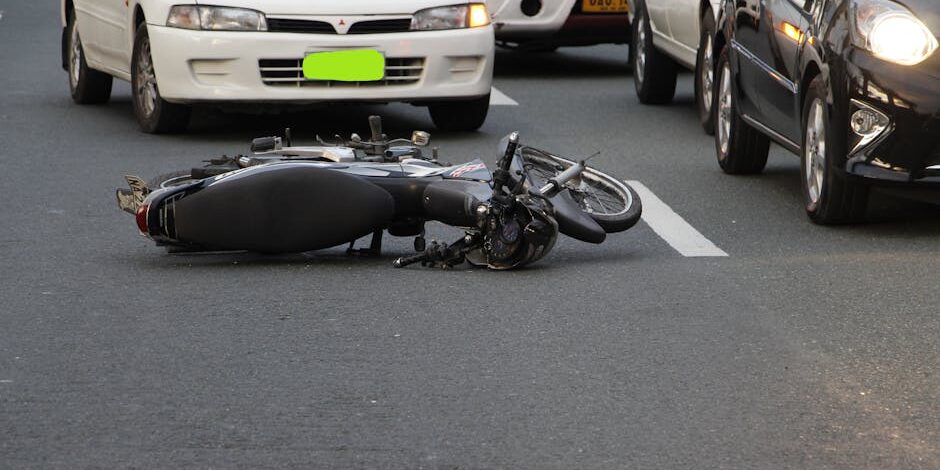
Williamsport’s Roads: A Look at Motorcycle Accident Trends
Williamsport Motorcycle Accident: 29x Danger Understanding Motorcycle Accident Trends in Central Pennsylvania A Williamsport motorcycle accident can happen in an...
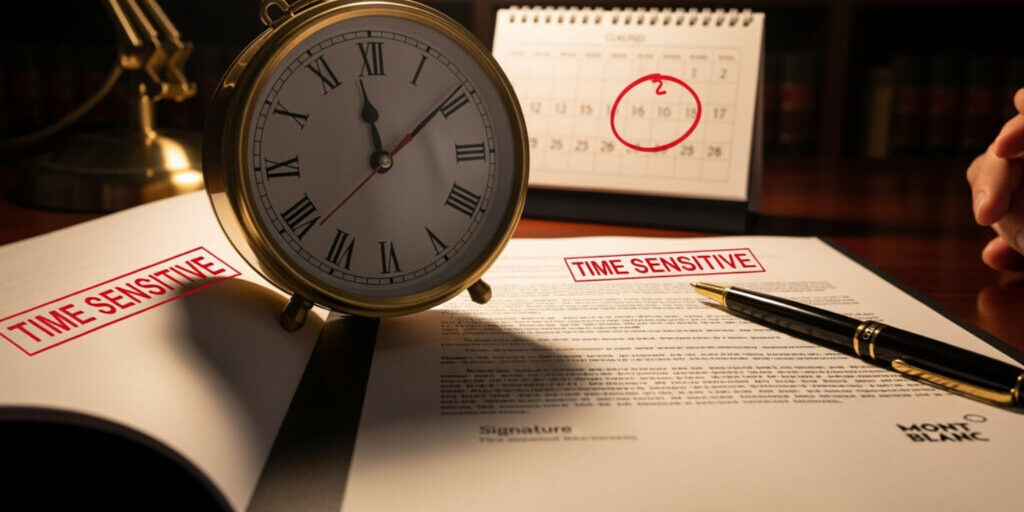
PA Personal Injury: Don’t Miss Your Window to File
Personal Injury Statute of Limitations Pennsylvania: 2-Year Deadline Why Pennsylvania's Personal Injury Filing Deadlines Matter So Much The personal injury...
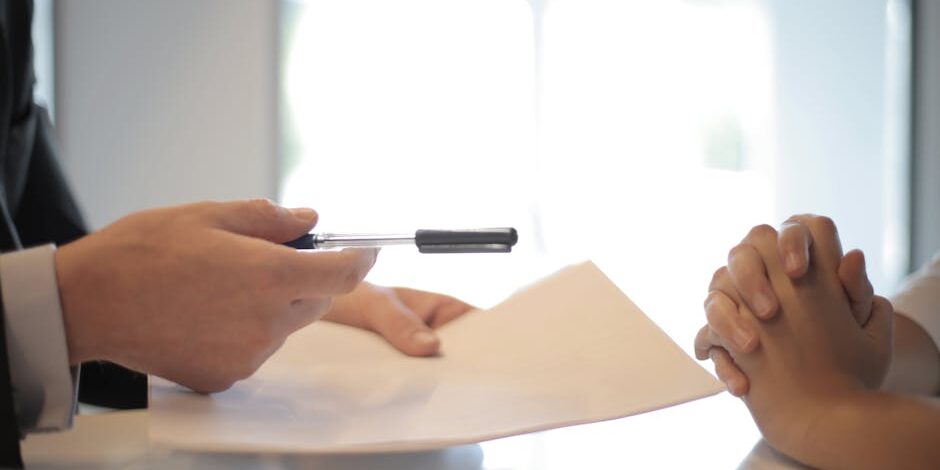
Demystifying Full and Limited Tort: A Simple Guide
Difference between full tort and limited tort: Essential 101 Why Understanding Pennsylvania's Tort Options Matters The difference between full tort...

Don’t Miss the Deadline: Understanding Pennsylvania’s Statutes of Limitations
Pennsylvania statute of limitations 2025: Don't Miss! Why Pennsylvania's Legal Deadlines Matter for Your Case Pennsylvania statute of limitations laws...

Choosing Your Coverage: A Deep Dive into PA’s Full and Limited Tort
Full Tort vs Limited Tort PA: Don't Make 1 Mistake Why Pennsylvania Drivers Face a Critical Insurance Choice When you...
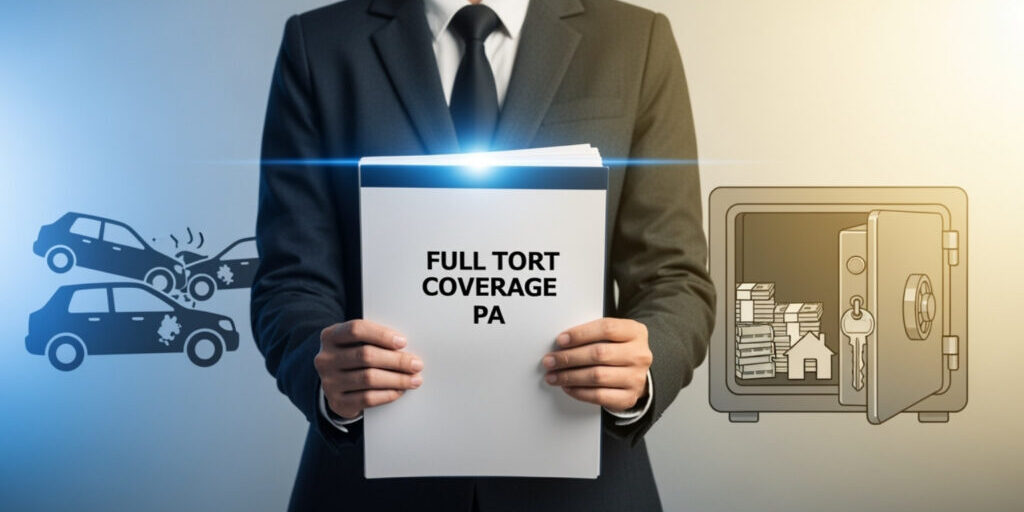
PA Full Tort: The Freedom to Sue for Full Damages
Full tort coverage PA: 1 Key to Full Compensation Why Understanding Full Tort Coverage Matters for Your Financial Security Full...

Your Guide to Securing Top Lawyers for Emotional Distress Claims
Lawyers for emotional distress: Win Justice 2025 Why Emotional Distress Claims Matter for Your Recovery Lawyers for emotional distress help...
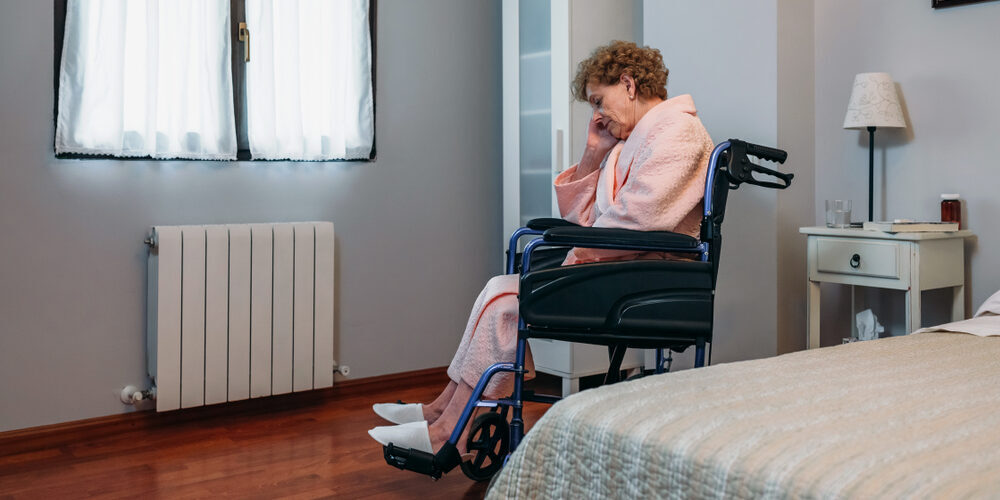
PA Medical Malpractice: Don’t Let Time Run Out on Your Claim
Statute of limitations for medical malpractice in pennsylvania 2025 Navigating Pennsylvania's Medical Malpractice Deadlines The statute of limitations for medical...
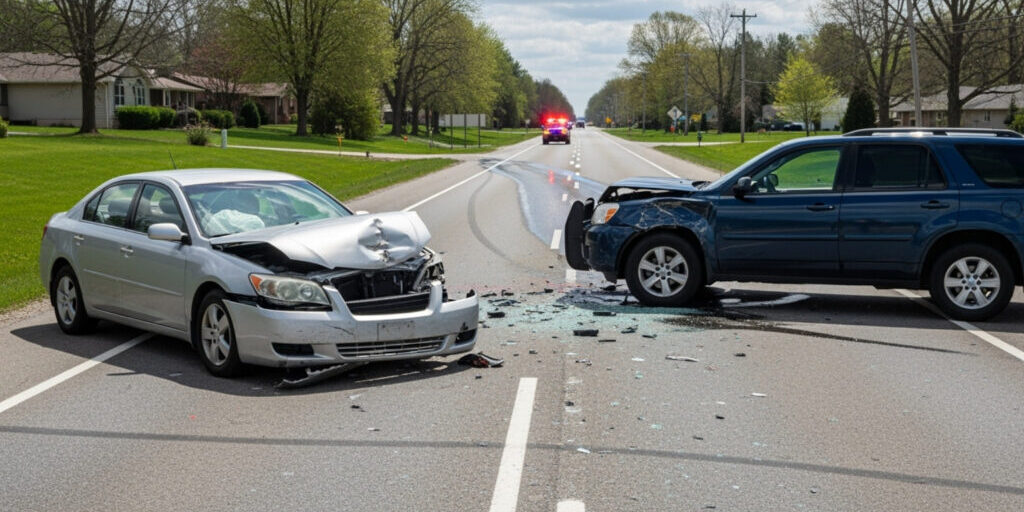
Navigating PA’s Limited Tort: When Can You Still Sue?
Can you sue with limited tort in PA: Ultimate 2025 Guide When Pennsylvania's Limited Tort Still Allows You to Sue...
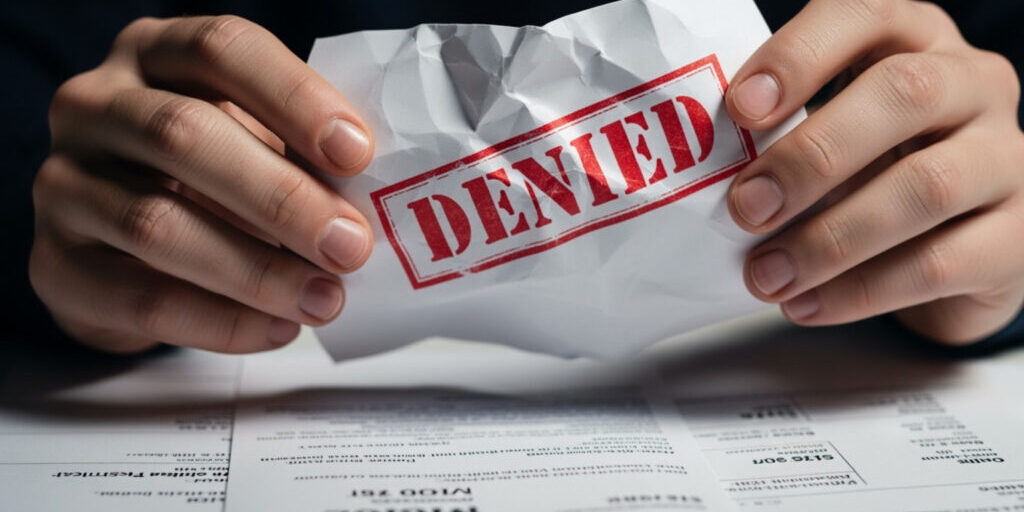
Navigating a Denied Workers’ Comp Claim: What You Need to Know
When Your Workers' Compensation Claim Gets Rejected A denied workers comp claim can be devastating, but a denial is...

Your Guide to Repetitive Strain Injury Compensation Claims
Navigating Your Repetitive Strain Injury Claim If you're dealing with a repetitive strain injury (RSI) that resulted from your...
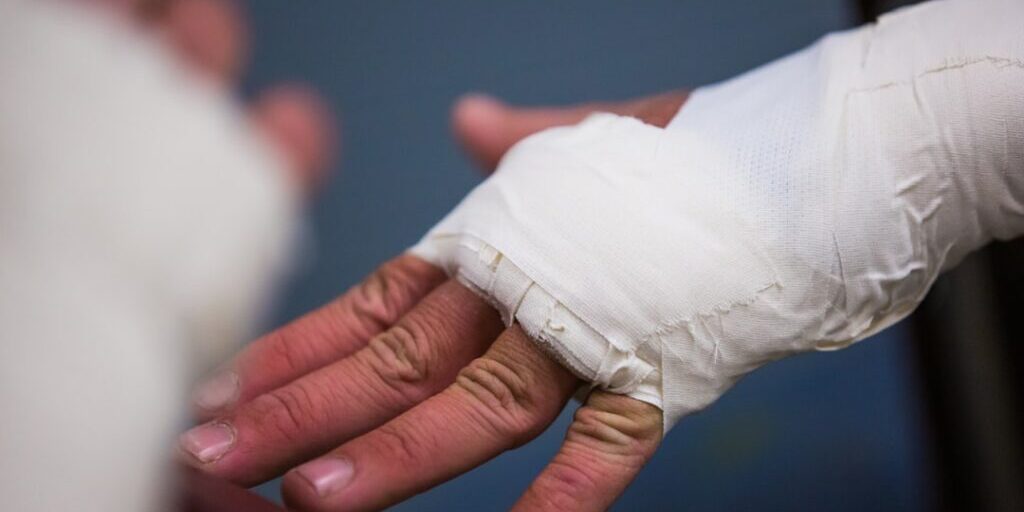
Accident at Work: A Guide to Your Compensation Claim
When Workplace Accidents Happen: Understanding Your Need for Legal Support Workers' comp lawyers assist injured employees with complex compensation...

Can Your Repetitive Strain Injury Get Workers’ Comp? The Answer Might Surprise You
Understanding Your Rights: Repetitive Strain Workers' Comp Are Repetitive Strain Injuries (RSIs) covered by workers' compensation? Yes, in Pennsylvania...
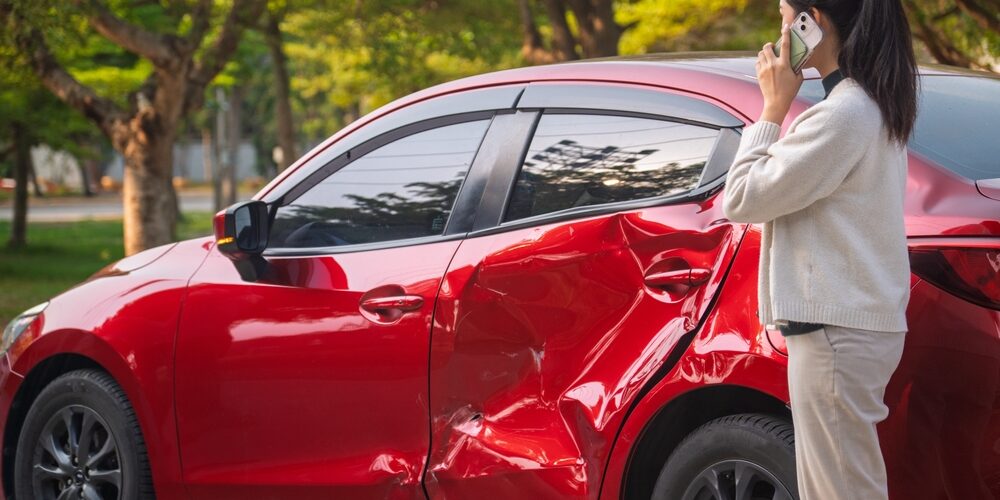
Crash-Tested: Top Auto Injury Lawyers You Can Trust
Why an Auto Injury Lawyer Matters After a Crash After a car accident, the path forward can seem overwhelming....

Beyond the Ache: Understanding Repetitive Motion Injuries
Explaining Repetitive Motion Injuries A persistent ache or numbness after performing the same task repeatedly could be a repetitive...
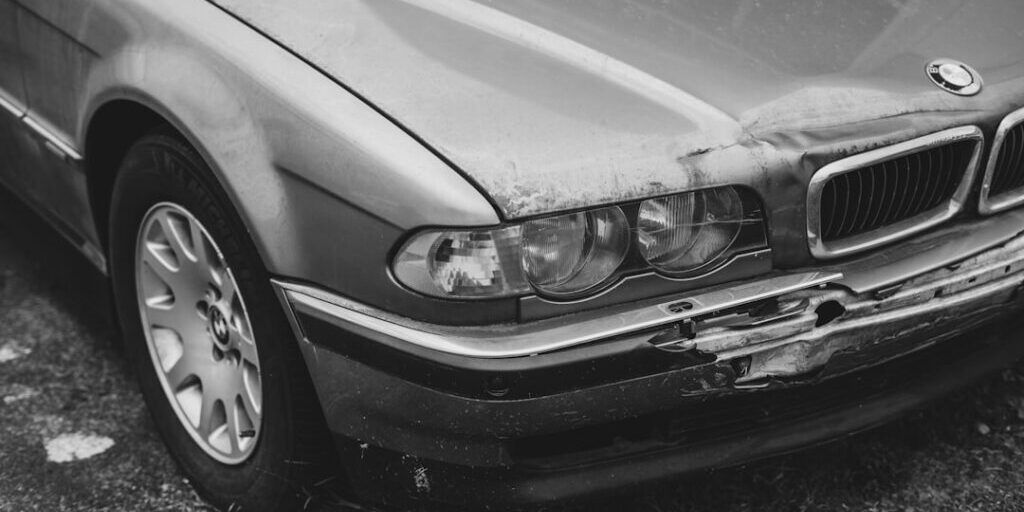
Lancaster PA Car Accident Lawyers Who Drive Results
Facing a Car Accident in Lancaster, PA If you've been in a crash, finding automobile accident lawyers lancaster pa...
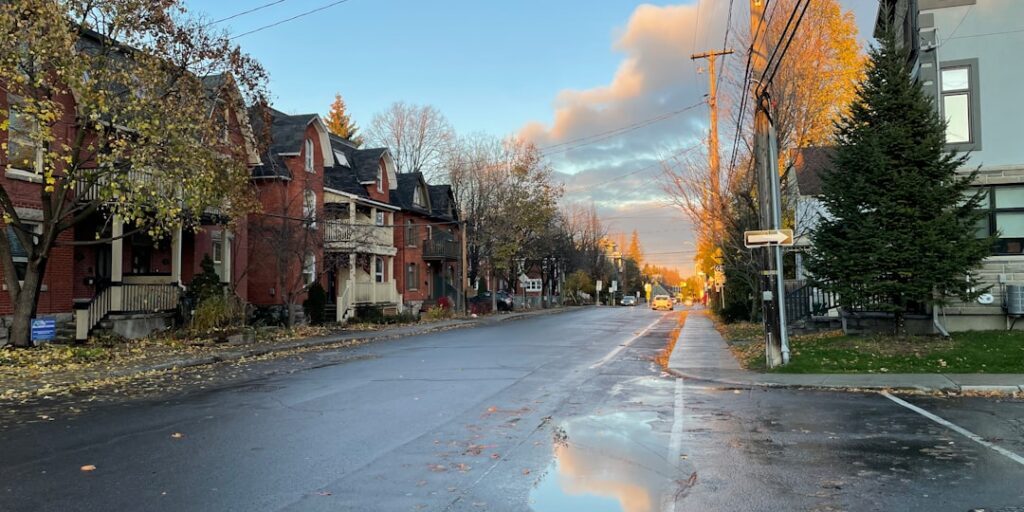
Crash & Counsel—Finding Your Lancaster Car Accident Attorney
Navigating the Aftermath: Why a Lancaster Car Accident Attorney is Important If you or a loved one has been...
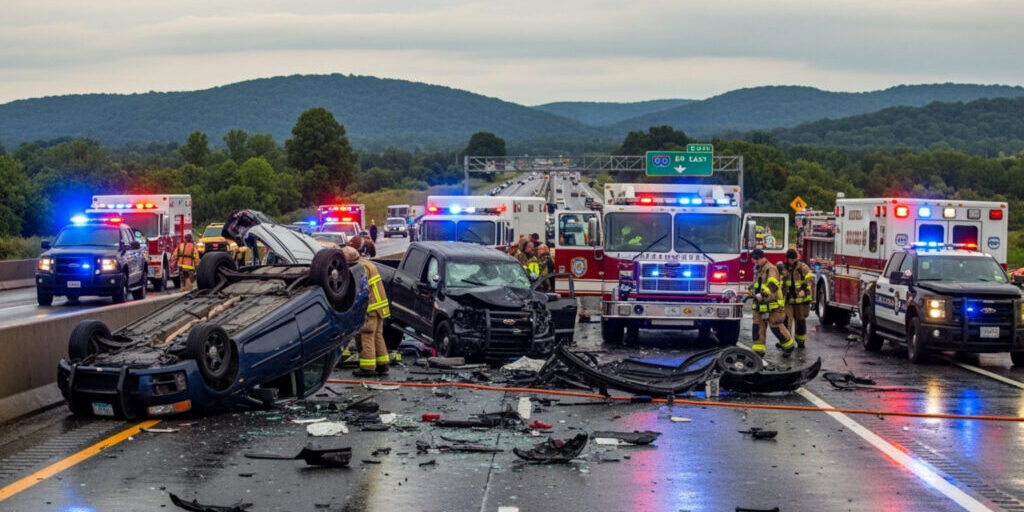
Steer Clear of Trouble with These Vehicle Accident Lawyers in PA
Why Pennsylvania Drivers Face Daily Accident Risks If you need accident lawyers in pa, you're likely facing a challenging...
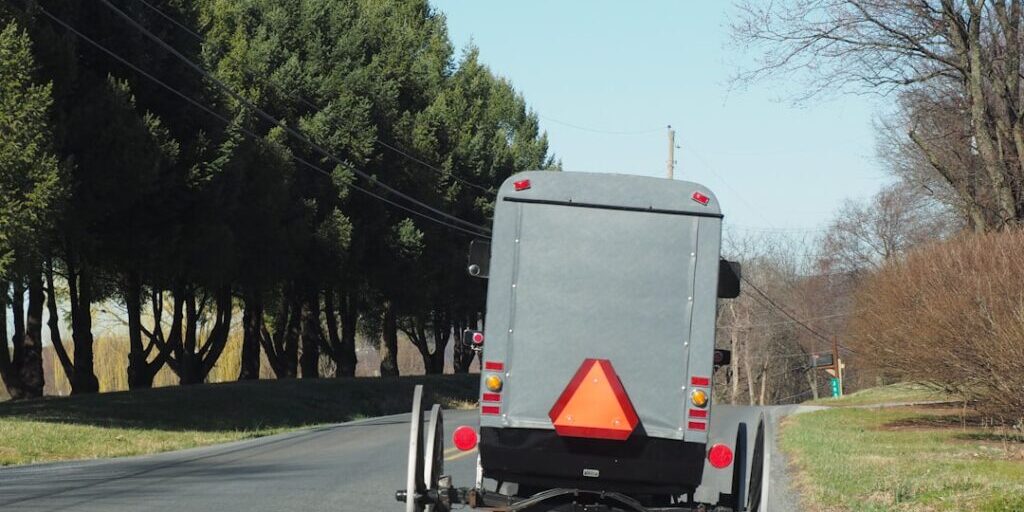
Drive Safe, Lawyer Up—Lancaster PA’s Best Auto Accident Attorneys
Navigating Auto Accidents in Lancaster, PA If you're looking for an Auto accident attorney Lancaster PA, you should know...
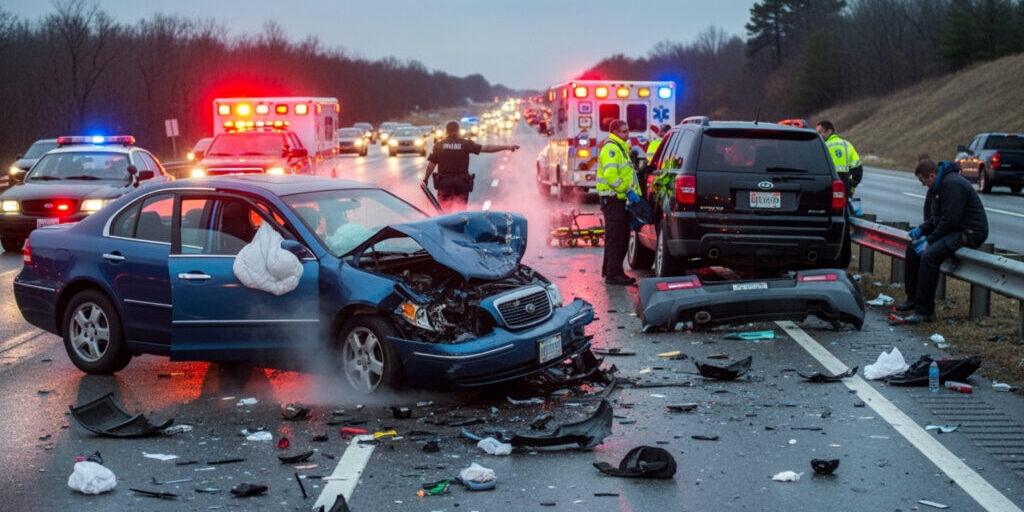
Steering Clear of Trouble with Trusted Car Accident Attorneys
Navigating the Aftermath: How Car Accident Attorneys Help When you're recovering from a car crash, facing injuries and medical...

Pittsburgh Auto Accident Attorneys – Your Roadmap to Recovery
Why Pittsburgh Auto Accident Attorneys Are Critical for Your Recovery Finding the right Pittsburgh auto accident attorneys is crucial...

Metzger Wickersham Sponsors I-105’s Fallfest
(June 16, 2025, Harrisburg, PA) - Metzger Wickersham is thrilled to once again sponsor I‑105 FallFest—Lancaster County’s biggest one‑day country...
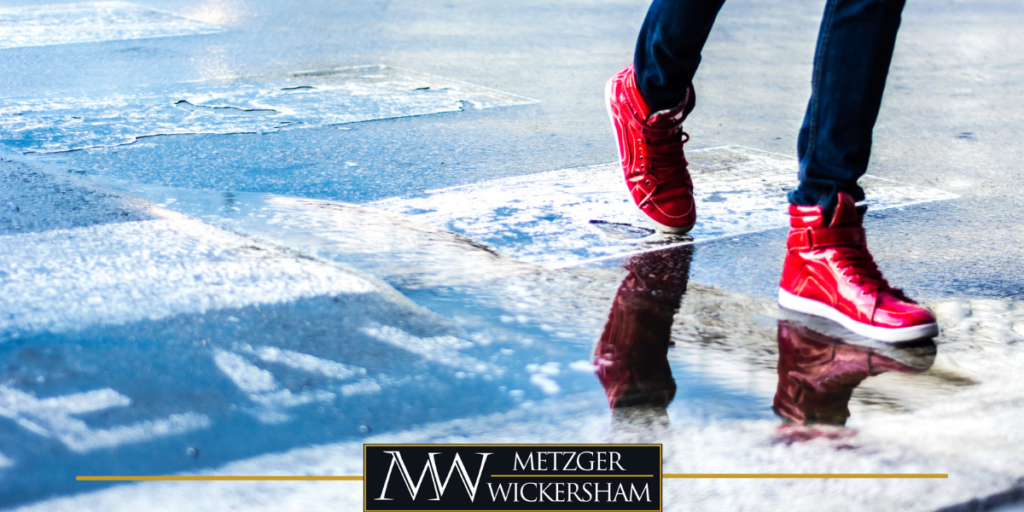
Your Roadmap to Hiring a Harrisburg Pedestrian Accident Lawyer
Why Finding a Harrisburg Pedestrian Accident Attorney Matters for Your Recovery A Harrisburg pedestrian accident attorney can help you...
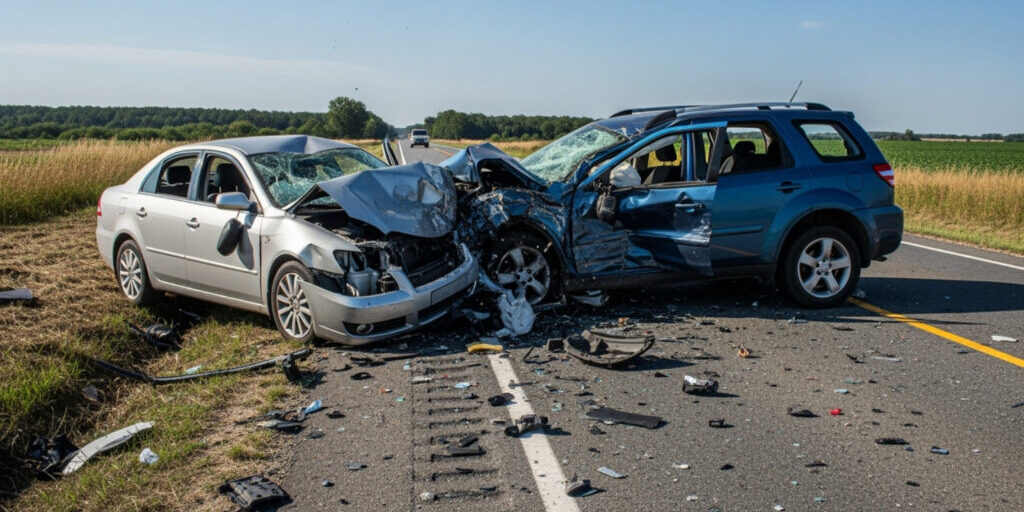
Lancaster’s Injury Lawyers Turning Car Accident Pain into Gain
Why Lancaster Car Accident Victims Need Legal Representation When you're hurt in a car accident in Lancaster, finding the...
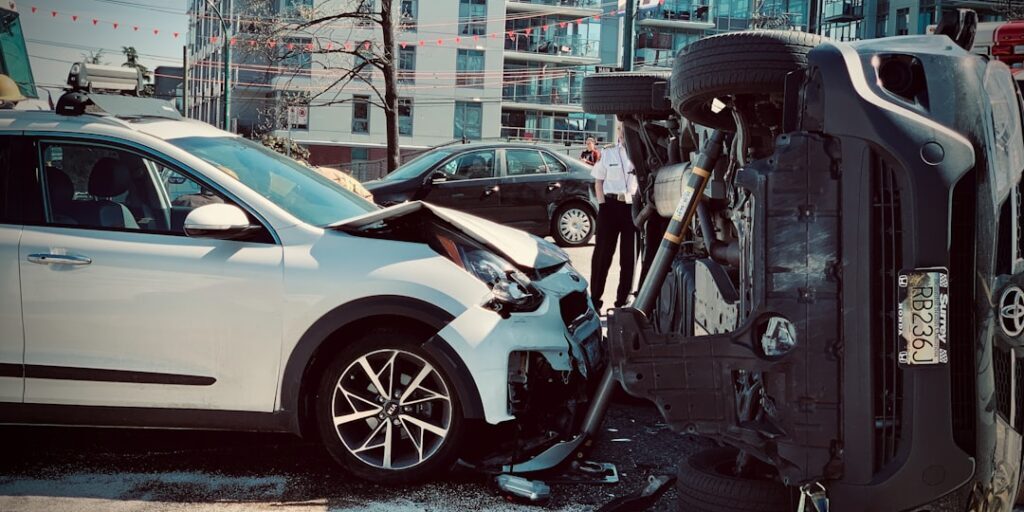
Finding Justice After an Uber Accident in Bucks County PA
Navigating Uber Accidents in Bucks County If you've been in an Uber or Lyft accident in Bucks County, here...
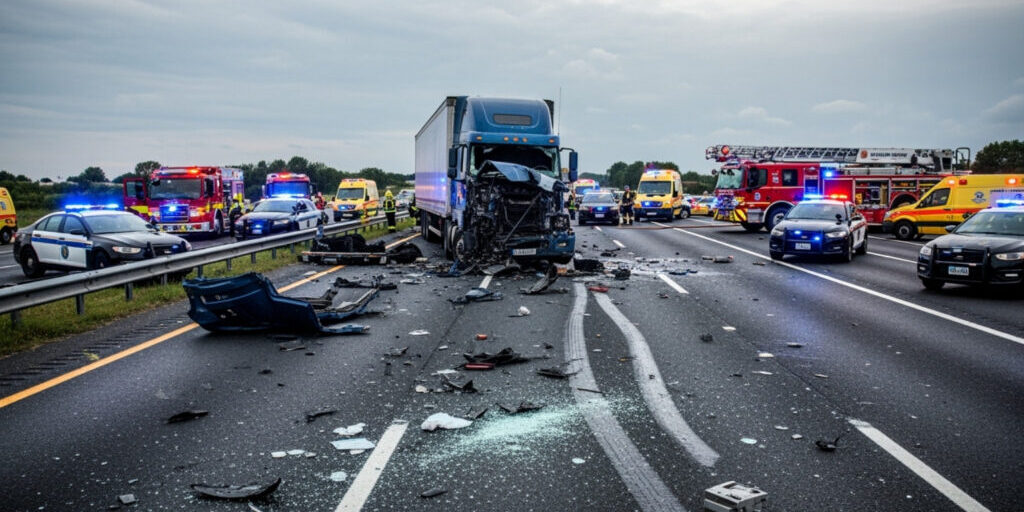
Truck Accident Troubles? Call an Experienced Lawyer Who Knows the Road
Why You Need an Experienced Truck Accident Lawyer After a Collision Collisions with commercial trucks, which can weigh up...
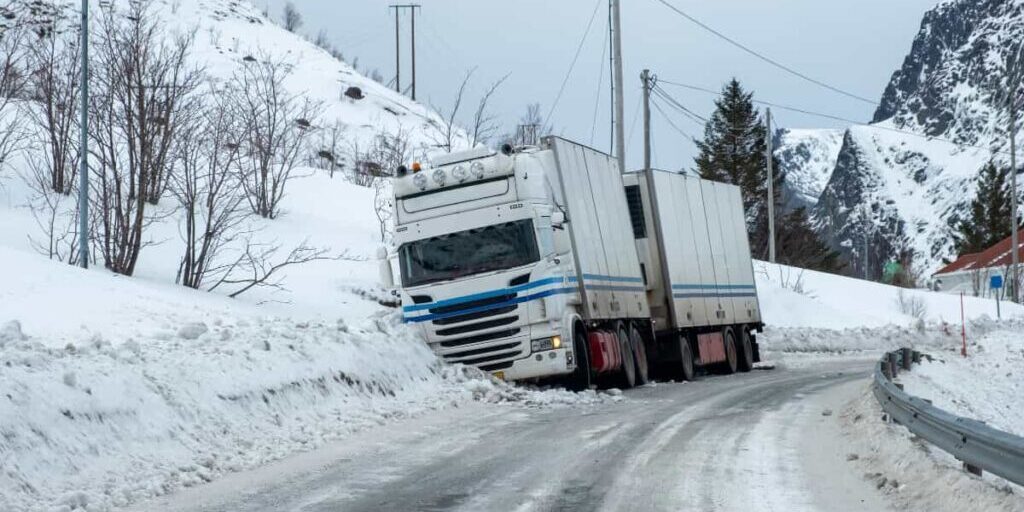
Don’t Settle for Less—Lancaster PA’s Best Accident Attorneys
Why Lancaster Accident Victims Need Legal Help Finding the right accident attorney lancaster pa can make the difference between...

Your Blueprint to Choosing a Harrisburg Construction Accident Attorney
The Dangers of Construction Work in Pennsylvania If you've been injured on a job site, finding a Harrisburg construction...
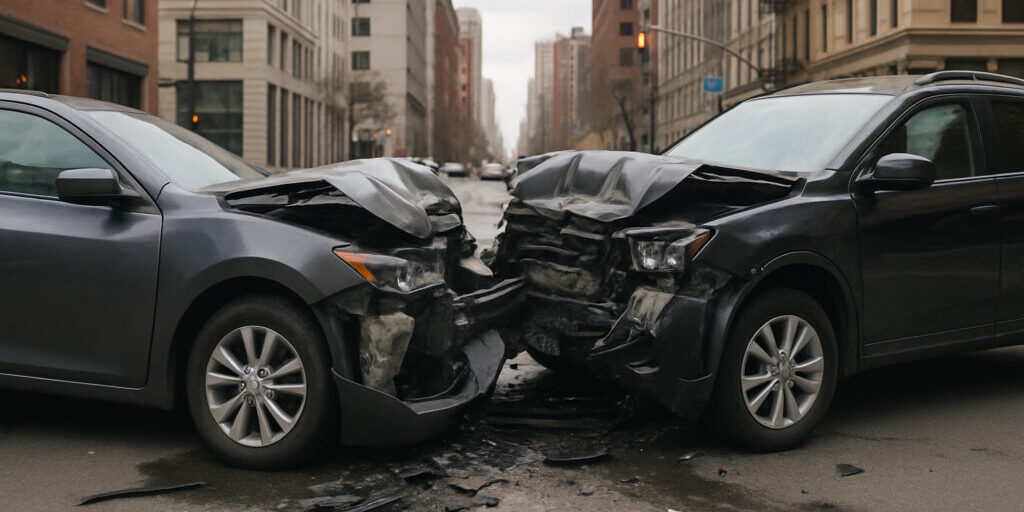
Your Quick Guide to Car Accident Updates in Harrisburg PA
Navigating the Aftermath of a Collision in Pennsylvania's Capital Car accident harrisburg pa incidents affect thousands of residents each...
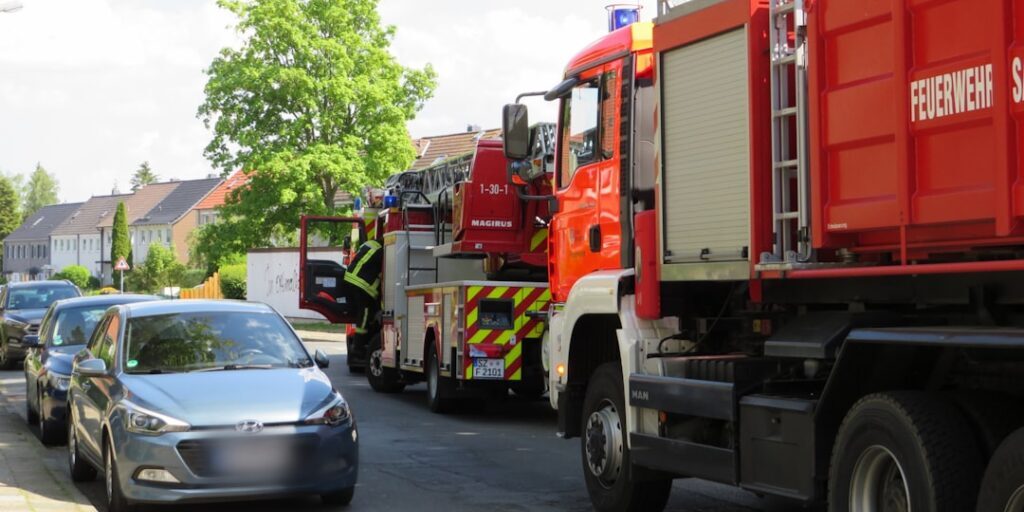
Car Accident Injury Lawyer Roundup – Who’s Got Your Back After a Crash?
Your First Step: Understanding Car Accident Injury Lawyers When you or a loved one suffers a serious injury caused...

Steer Clear of Trouble with a Car Accident Lawyer Bucks County PA Residents Trust
Why Bucks County Car Accident Victims Need Legal Help Fast Finding the right car accident lawyer bucks county pa...

Lawyers for Car Accidents: Your Guide to Legal Lifesavers
Why You Need a Car Wreck Lawyer After an Accident When you're dealing with the aftermath of a car...

Finding the Best Legal Services After a Car Accident
Why Car Accident Legal Services Matter After a Collision Car accident legal services provide critical support when you're dealing...
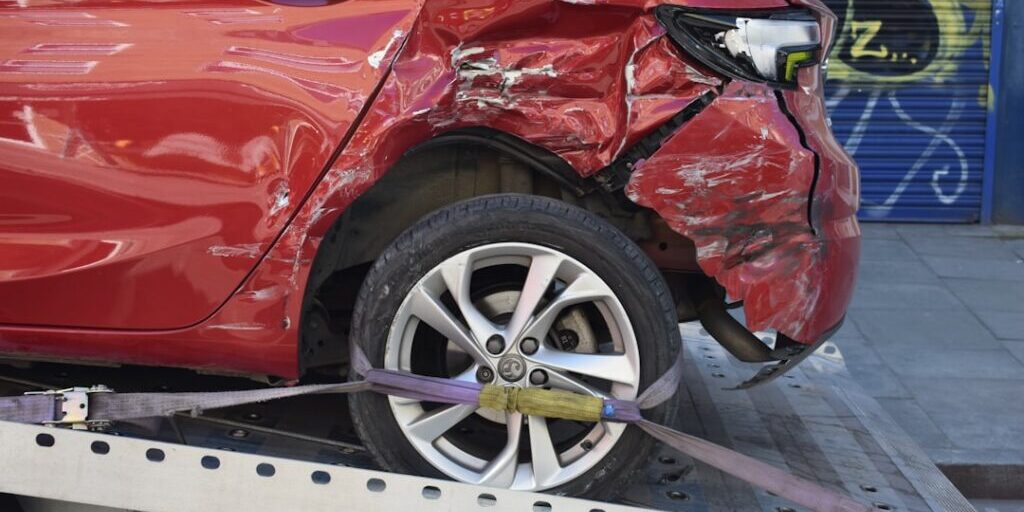
Steer Clear of Trouble with a Top Harrisburg Auto Injury Attorney
Why You Need a Harrisburg Auto Injury Attorney After Your Crash When you're hurt in a car accident in...

Wrecked in Philly? Meet Your New Favorite Car Accident Lawyer
Why Finding the Right Car Accidents Lawyer Near Me Philadelphia PA Changes Everything If you need a car accidents...
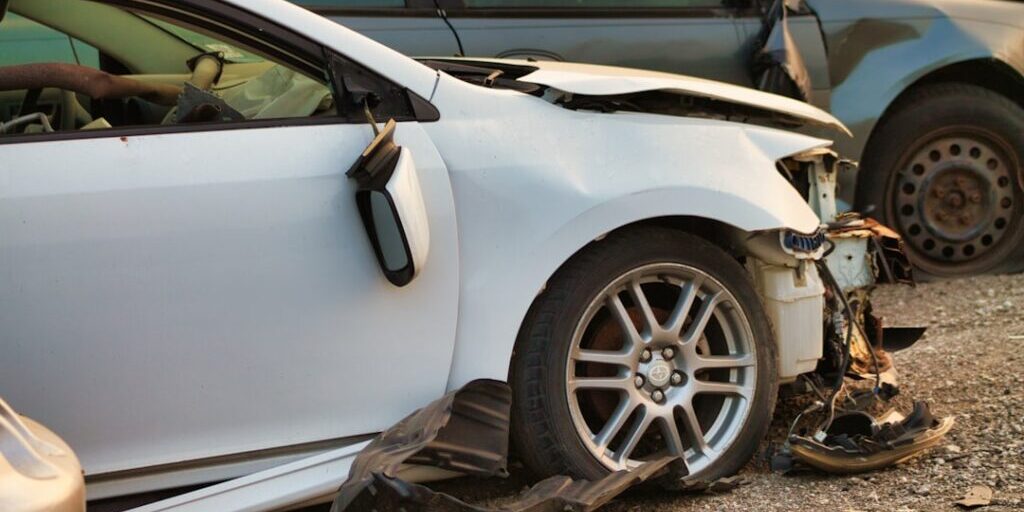
Car Accident Legal Advice Made Simple
Why Getting Car Accident Legal Advice Can Save You Thousands Car accident legal advice becomes critical the moment you're...
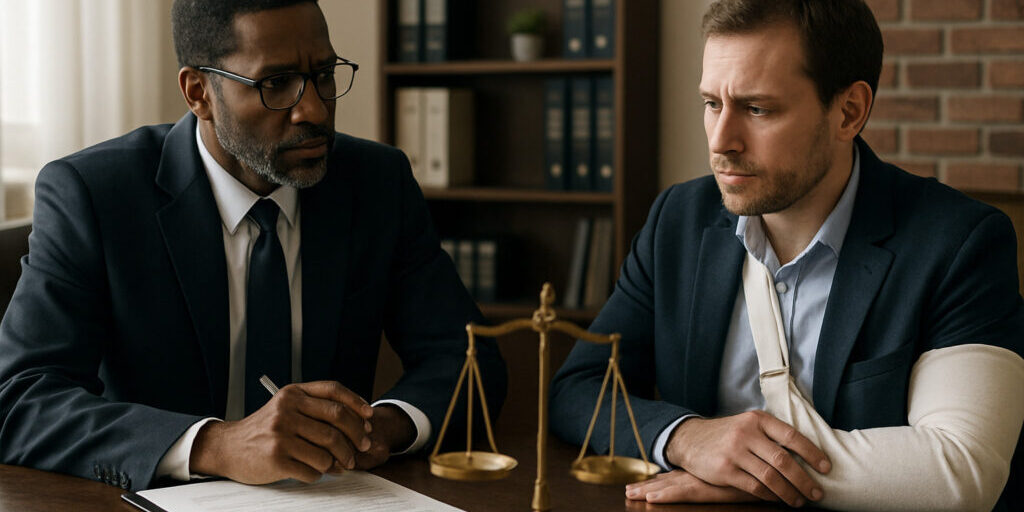
Serious Injuries, Serious Lawyers: Navigating Your Legal Options
Why Finding the Right Serious Personal Injury Lawyer Changes Everything When catastrophic injuries upend your life, a serious personal...
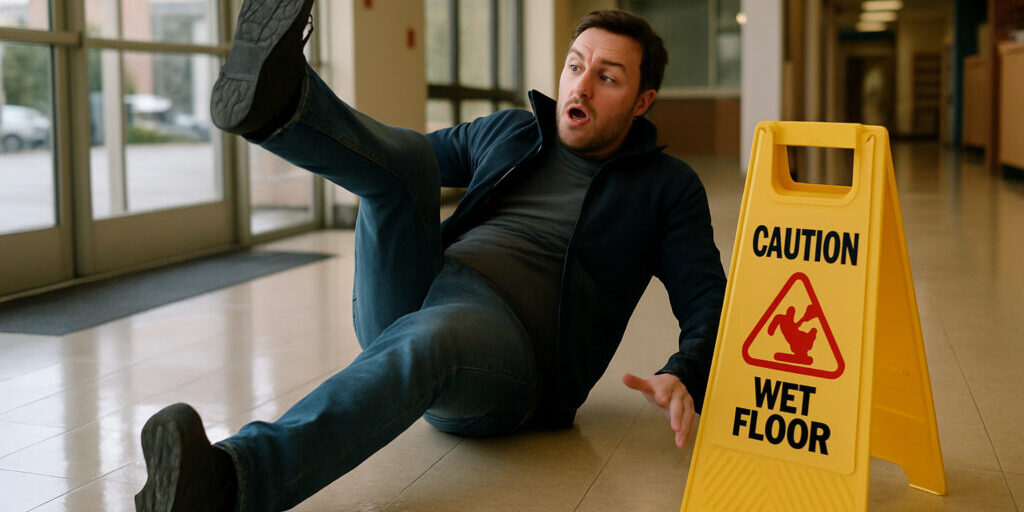
Your Go-To Guide for Slip and Fall Legal Advice
Why Understanding Slip and Fall Legal Rights Matters in Pennsylvania Slip and fall legal advice can make the difference...
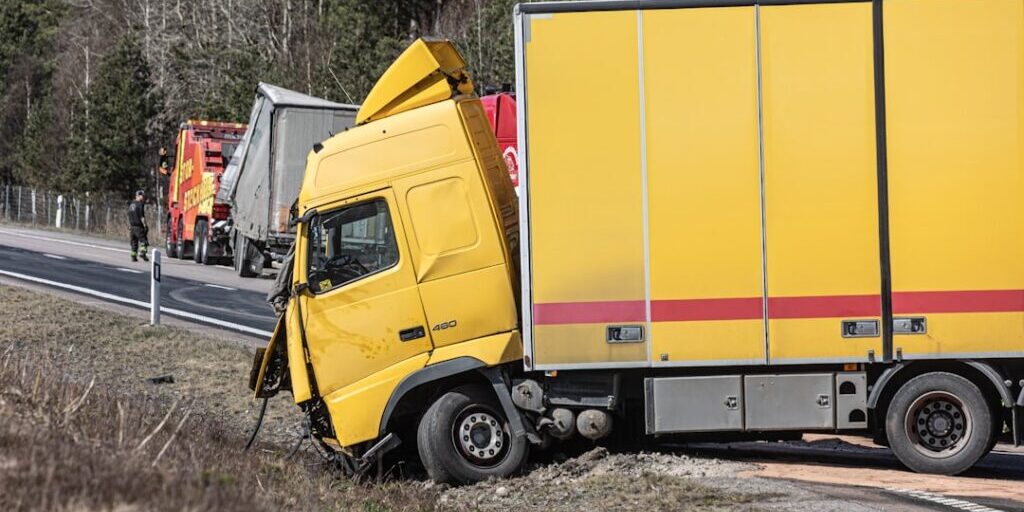
Truck Accident in Wilkes-Barre? Here’s How a Local Lawyer Can Help
Why Truck Accidents in Wilkes-Barre Require Immediate Legal Action If you need a Wilkes-Barre truck crash lawyer, you're likely...
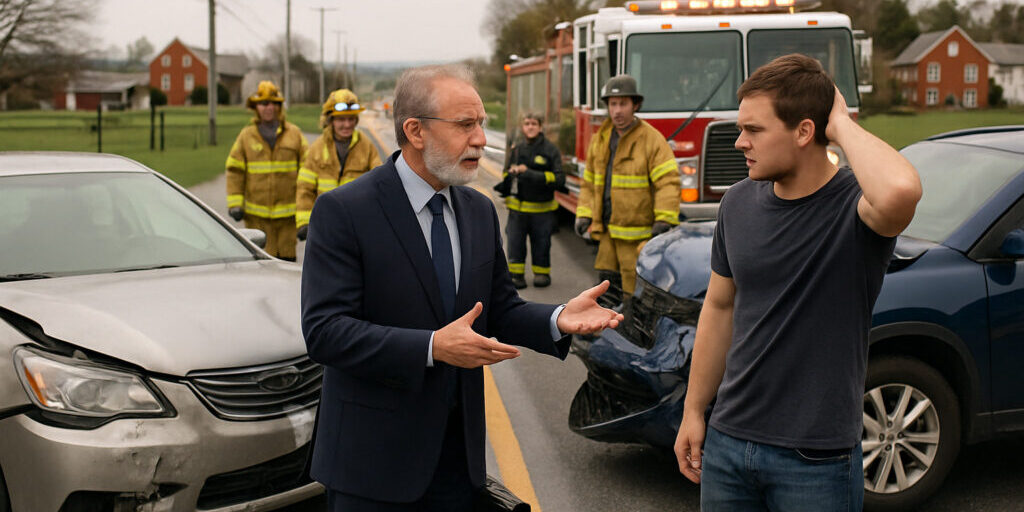
County Crash? Lancaster County Car Accident Lawyers to the Rescue!
Why Lancaster County Drivers Need Legal Help After a Crash When you need a car accident lawyer lancaster county, you're...
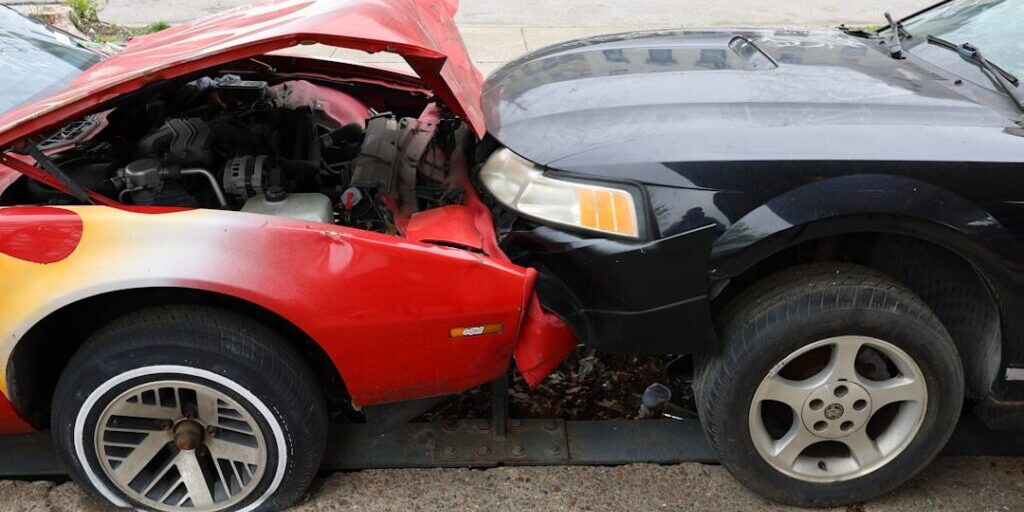
How Auto Accident Legal Support Can Ease Your Pain and Your Wallet
Why Auto Accident Legal Support Can Make or Break Your Recovery Auto accident legal support becomes crucial when you're facing...

Auto Injury Lawyer Near Me: Navigating Your Options
Finding Help After an Auto Accident Looking for an auto injury lawyer near me right now? Here's what you need...

Your Guide to Car Accident Lawsuits and Attorneys
Understanding the Role of a Car Accident Lawsuit Attorney Car accident lawsuit attorney is a term you'll see if you...

Car Accident Conundrum: When to Call an Injury Lawyer
When to Call an Injury Claim Lawyer After a Car Accident Injury claim lawyer car services are essential when you're...

The Ultimate Guide to Slip and Fall Injury Compensation
Navigating the Path to Recovery: Understanding Slip and Fall Claims A slip and fall injury claim is a legal action...

Truck Trouble? These Trucking Accident Law Firms Have Your Back
When Tragedy Strikes: Understanding Trucking Accident Law Firms Trucking accident law firms are legal practices focused on representing victims of...

Accident Lawyers Near Me: A How-To Guide for Finding the Best
Finding Help After an Accident: Your First Steps If you're searching for a lawyer accident near me, here's what you...

Don’t Drive Yourself Crazy, Find a Car Accident Attorney Near You
Finding Support After the Crash: When You Need Legal Help Car accident attorney near me searches spike for a reason:...

What You Need to Know About Pennsylvania’s New ‘Paul Miller’s Law’ Targeting Distracted Driving
Starting June 5, 2025, Pennsylvania drivers will face new restrictions on mobile device use behind the wheel, thanks to the...

Workplace Woes? Harrisburg’s Best Injury Lawyers Can Help
Injured at Work? Your Rights to Compensation in Harrisburg If you've been hurt on the job in Pennsylvania, a Harrisburg...

Your Guide to a Successful Slip and Fall Attorney Consultation
Why a Slip and Fall Attorney Consultation Can Change Your Recovery A slip and fall attorney consultation is your first...

Steer Clear of Trouble with These Pennsylvania Auto Accident Lawyers
Why Pennsylvania Car Accident Victims Need Legal Help Fast Auto accident attorneys Pennsylvania guide injured drivers through the legal and...

When AI Goes Awry – Finding a Self-Driving Car Accident Lawyer in Wilkes-Barre
When Self-Driving Technology Fails on Pennsylvania Roads Finding a self driving car accident lawyer wilkes barre becomes critical when autonomous...

Expert Tips on Hiring a Semi-Truck Accident Attorney
Why You Need a Commercial Truck Accident Lawyer After a Collision A Commercial truck accident lawyer handles legal cases involving...

Lancaster Personal Injury Lawyers Who Actually Win Cases (and Hearts)
Why Lancaster Accident Victims Need Local Legal Help If you've been hurt in an accident, finding the right personal injury...

Attorney Referrals After a Car Accident – Finding the Right Match
Why Car Accident Attorney Referrals Can Make or Break Your Case Car accident attorney referrals connect injured victims with qualified...

Road to Recovery: Selecting the Best Altoona Automobile Accident Lawyer
Finding Legal Support After an Altoona Crash If you've been in a collision and need an automobile accident lawyer in...
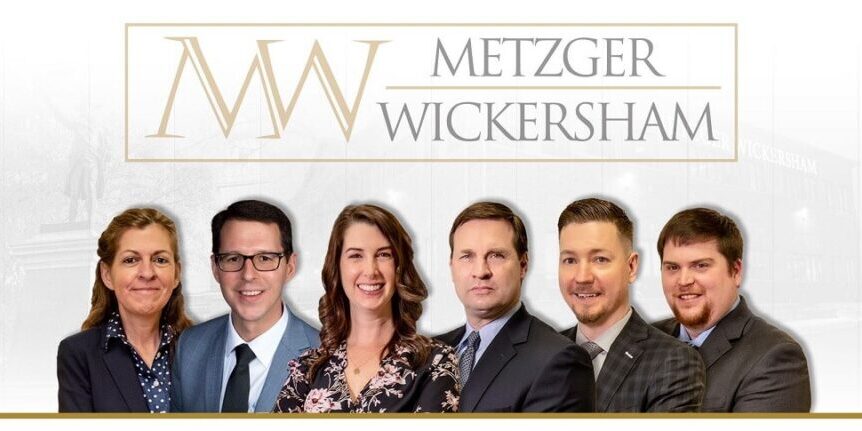
Navigating Personal Injury Claims: Top Harrisburg Attorneys
Finding Legal Support After an Accident in Harrisburg If you've been injured in an accident in Harrisburg, a Harrisburg personal...
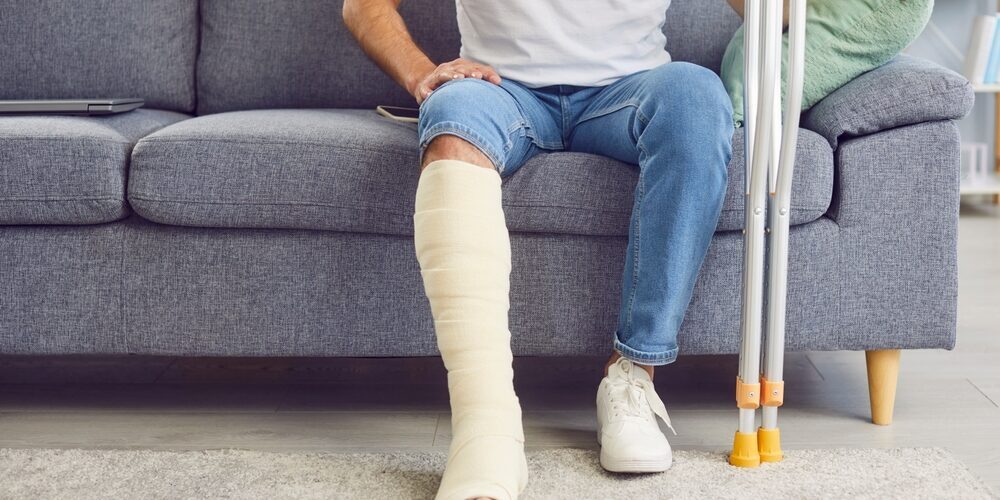
Top Slip and Fall Injury Attorneys to Handle Your Case
When You Need Legal Help After a Slip and Fall If you're looking for a slip and fall accident attorney,...
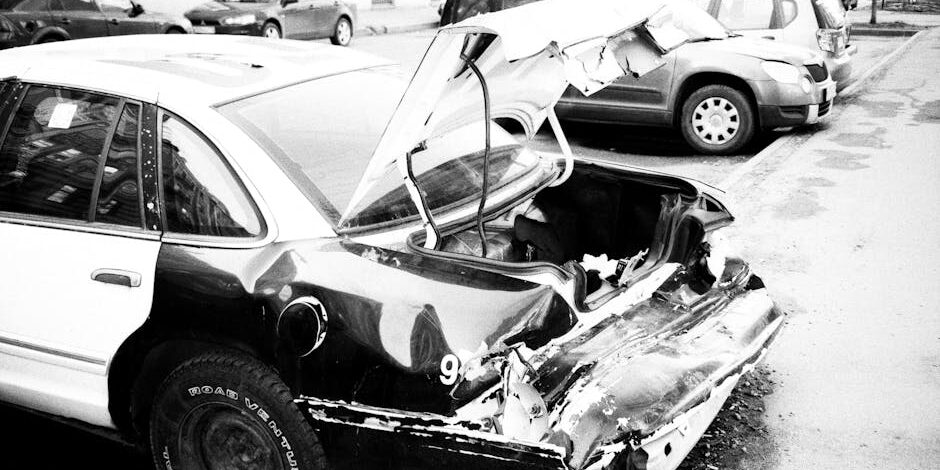
Wilkes-Barre Fatal Car Accident Lawyer Guide: Compassionate Legal Support
Facing Tragedy: When You Need a Fatal Car Accident Lawyer in Wilkes-Barre If you're searching for a fatal car accident...

Top Car Accident Attorneys in Pottsville Ready to Fight for You
Finding Support After a Pottsville Car Crash If you've been injured in a collision, a car accident attorney Pottsville can...
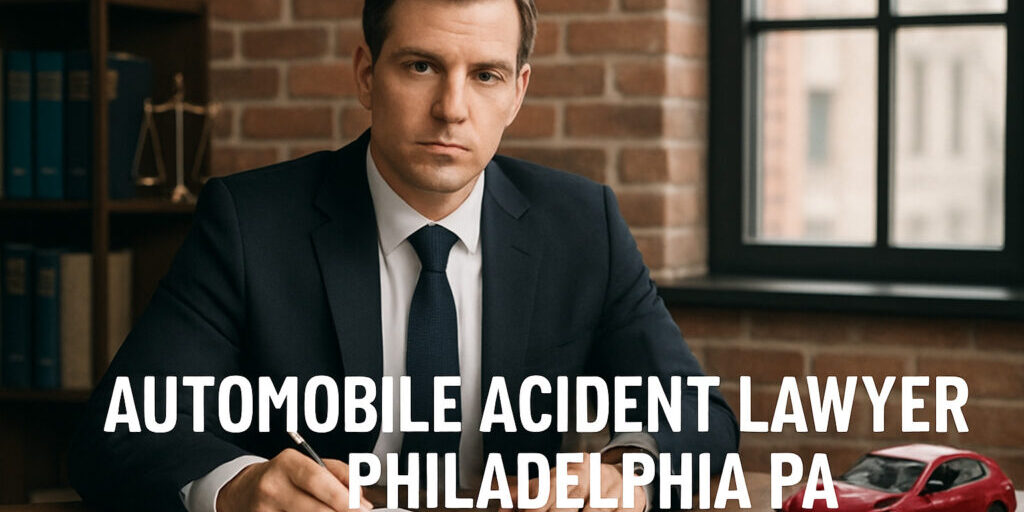
Crash Course: Choosing the Right Philadelphia Automobile Accident Lawyer
Finding Justice After a Philadelphia Auto Accident If you need an automobile accident lawyer Philadelphia PA, here's what you need...
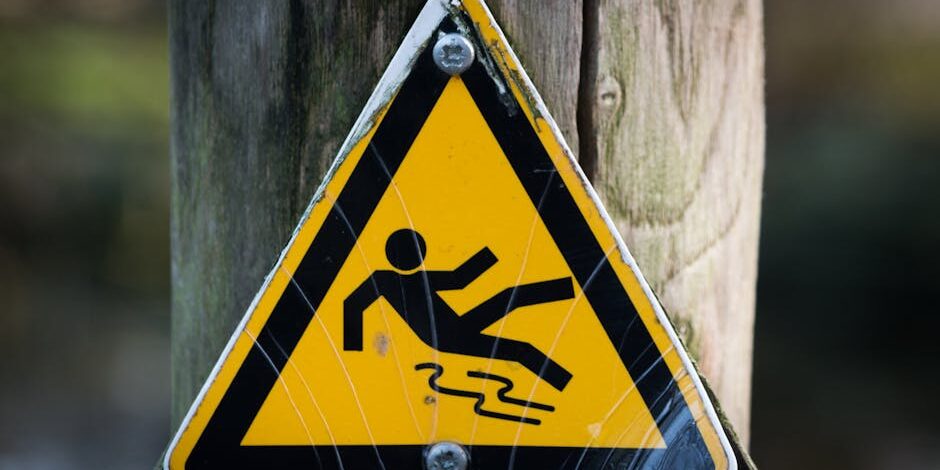
Local Slip and Fall Lawyers Ready to Catch Your Case
When the Ground Gives Way: Finding Your Local Legal Support Looking for a local slip and fall lawyer? Here's what...

After a Crash: Why You Need an Auto Accident Claim Lawyer
The moments after a car accident can feel overwhelming. You're dealing with injuries, vehicle damage, and a flood of questions...

Metzger Wickersham Announces Road to Safety Winners
Firm Awards Three Pennsylvania Seniors for Advocating Safe Driving One Month Before Paul Miller's Law Takes Effect (May 9,...

Metzger Wickersham Names Road To Safety Scholarship Winners
According to the United States Census, there are more than 13 million people living in Pennsylvania. That means that on...
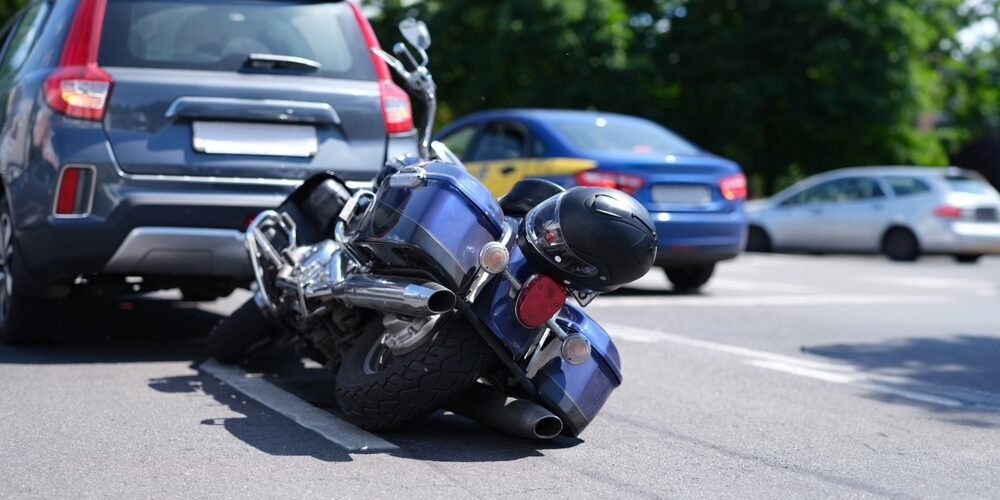
Wilkes-Barre Personal Injury Attorney Guide: Turning Pain into Gain
When Accidents Upend Your Life: Finding Help After Injury A Wilkes-Barre personal injury attorney provides legal representation to those injured...

Truck Accident in Harrisburg? Here’s How to Find the Best Local Lawyer
Finding Justice After a Catastrophic Truck Collision If you need a harrisburg truck accident lawyer, here's a quick guide to...

Trucking Through Legal Challenges: Philadelphia’s Best Commercial Vehicle Accident Lawyers
Navigating the Aftermath of Commercial Vehicle Crashes Commercial vehicle accident lawyers in Philadelphia help victims pursue compensation after crashes involving...

Decoding the Fine Print: When to Hire an Accident Insurance Lawyer
When the Fine Print Becomes a Roadblock: Understanding Accident Insurance Claims Accident insurance lawyers help injured individuals steer complex insurance...
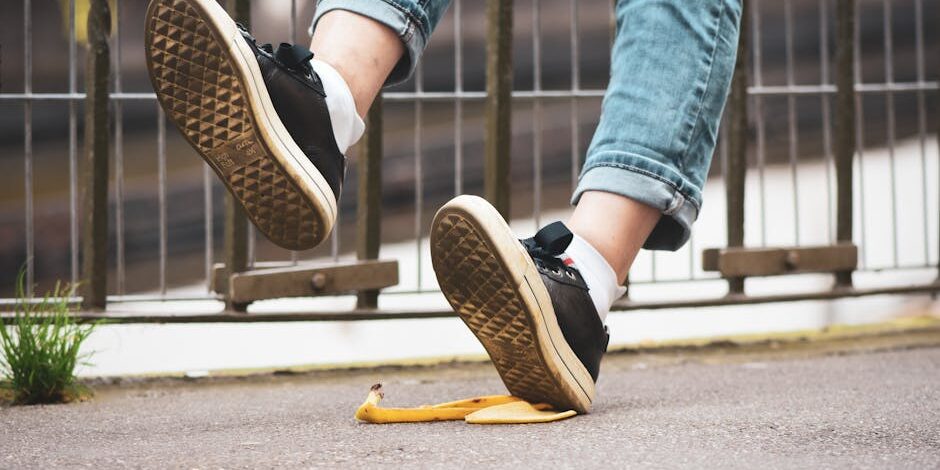
Don’t Slip Up Choosing Your Harrisburg Slip and Fall Attorney
Understanding Your Rights After a Slip and Fall in Harrisburg If you're looking for a Harrisburg slip and fall attorney,...

Big Rig Trouble? Here’s How to Find the Right Accident Lawyer
When Disaster Strikes on the Highway The moment after a semi-truck collision changes everything. Your world turns upside down...

Steering Clear of Trouble with a Car Accident Lawyer Wilkes-Barre Drivers Trust
When & Why to Call a Car Accident Lawyer Wilkes-Barre Residents Rely On The moments after a car crash...
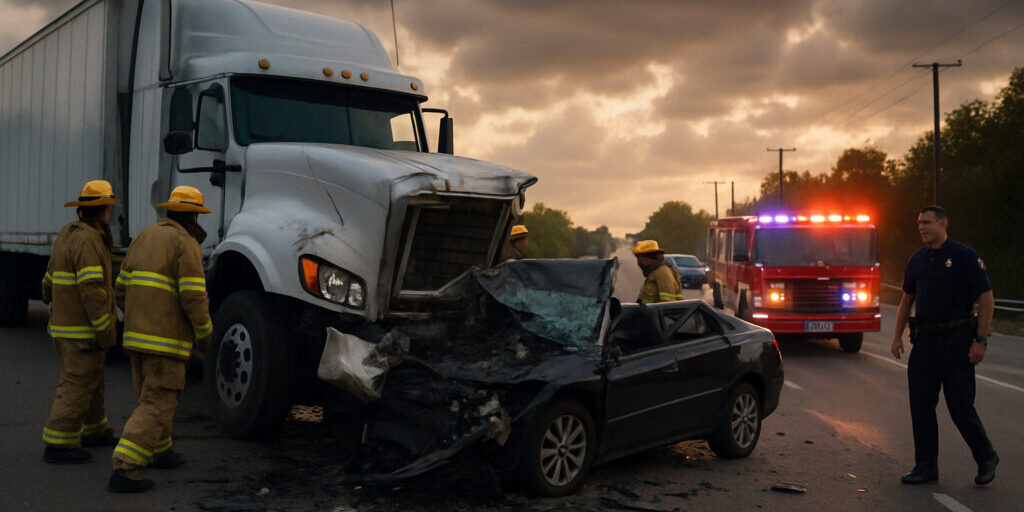
Navigating Justice After a Truck Accident – Your Guide to Legal Representation
When Trucks and Lives Collide: Understanding Your Legal Options An Attorney for truck accidents offers vital protection when your...
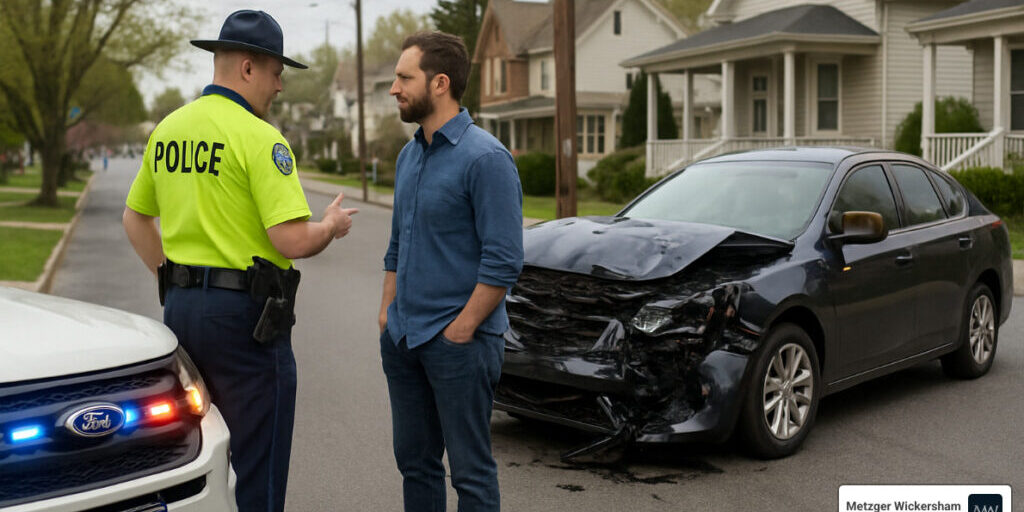
Uninsured Motorist Claims: A Pennsylvania Lawyer’s Guide to Getting Compensated
Introduction The moment you realize the driver who just crashed into you has no insurance can feel like your...

Free Accident Lawyer Consultation: What You Need to Know Before You Go
What to Expect During a Free Consultation Accident lawyer consultation is a free, no-obligation meeting with a personal injury...

Maximize Your Settlement with a Car Accident Compensation Lawyer
When You Need a Car Accident Compensation Lawyer The moments after a car crash can feel overwhelming. As the...
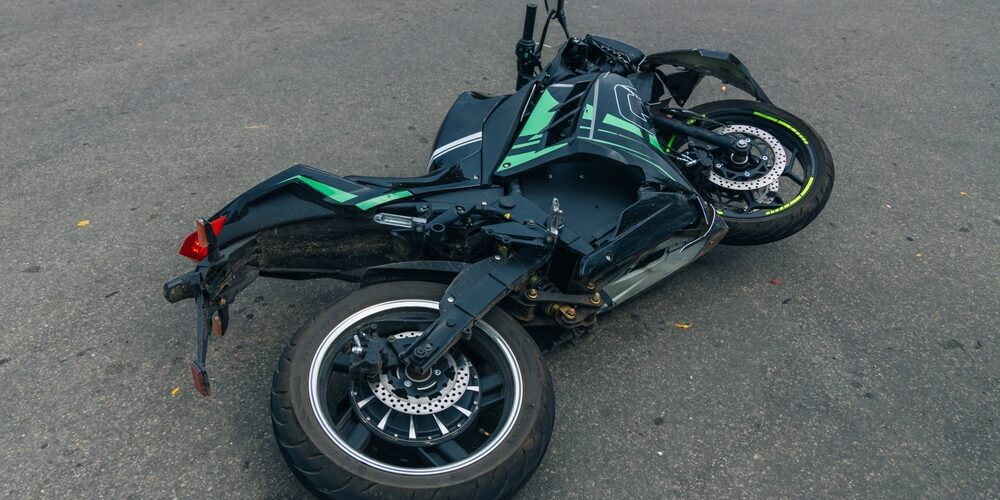
Two Wheels, One Lawyer: Your Guide to Harrisburg Motorcycle Accident Attorneys
When the Road Turns Against You: Finding Help After a Crash The open road around Harrisburg offers some of...

Securing Justice: Finding a Personal Injury Lawyer in Harrisburg
When You Need Legal Help After an Accident Life can change in an instant after an accident. When you're...

7 Practical Ways to Find a Car Accident Lawyer in Lancaster
Finding Legal Support After a Lancaster Car Crash The shock of screeching tires and crumpling metal can leave you...
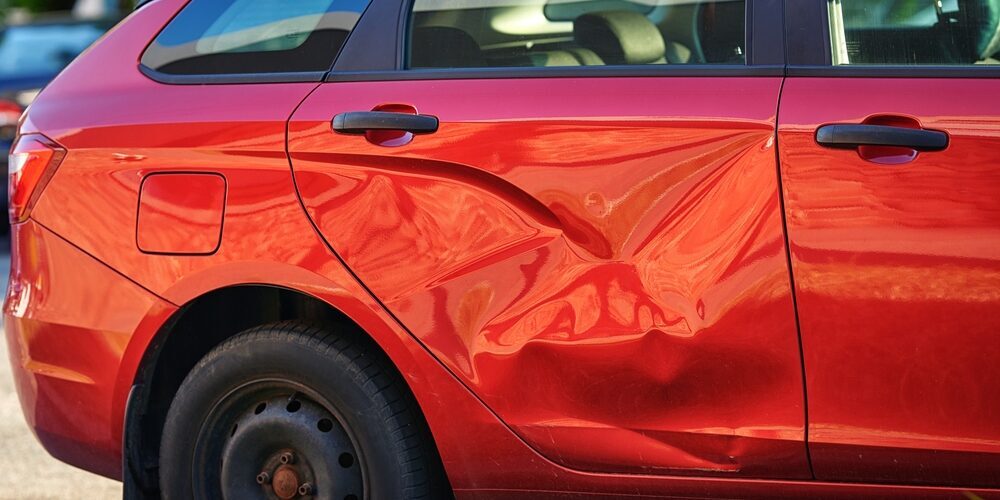
Crash Course: How to Choose a Pennsylvania Motor Vehicle Accident Lawyer
Finding Your Path After a Pennsylvania Car Crash The moments after a car crash can feel overwhelming. If you're...
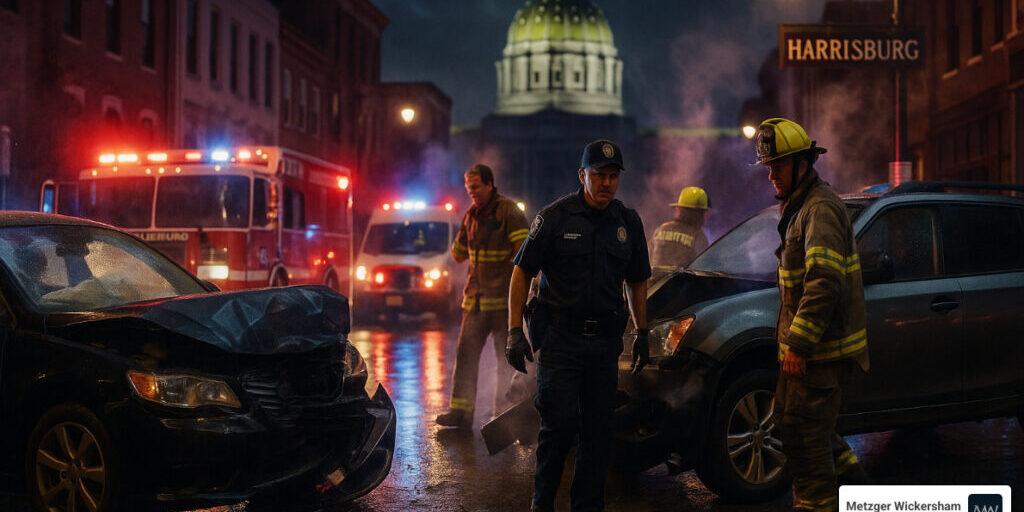
A Quick Start Guide to Car Accident Lawyers in Harrisburg
Finding Legal Help After Your Harrisburg Car Crash If you need a car accident lawyer Harrisburg right now, here's...
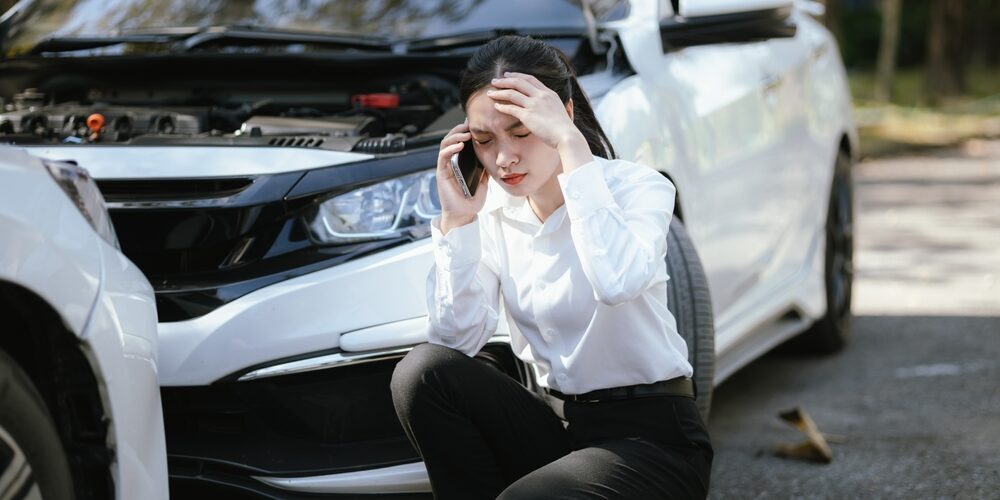
A Comprehensive Guide to Pennsylvania Car Accident Lawyers
Navigating the Aftermath of a Pennsylvania Car Accident If you're searching for a pennsylvania car accident lawyer, here's what...

Allentown, PA Car Accident Lawyers: A Comparative Guide
Finding the Right Legal Support After an Accident If you're searching for Allentown Pennsylvania car accident lawyers, you likely...

Your Guide to Finding a Car Accident Attorney in Harrisburg
Navigating the Aftermath of a Car Accident in Harrisburg If you've been involved in an accident and need a...

Harrisburg Car Injury Attorneys: Your Guide to Legal Success
Why a Harrisburg Car Injury Attorney is Essential After Your Accident If you've recently been injured in a Harrisburg...
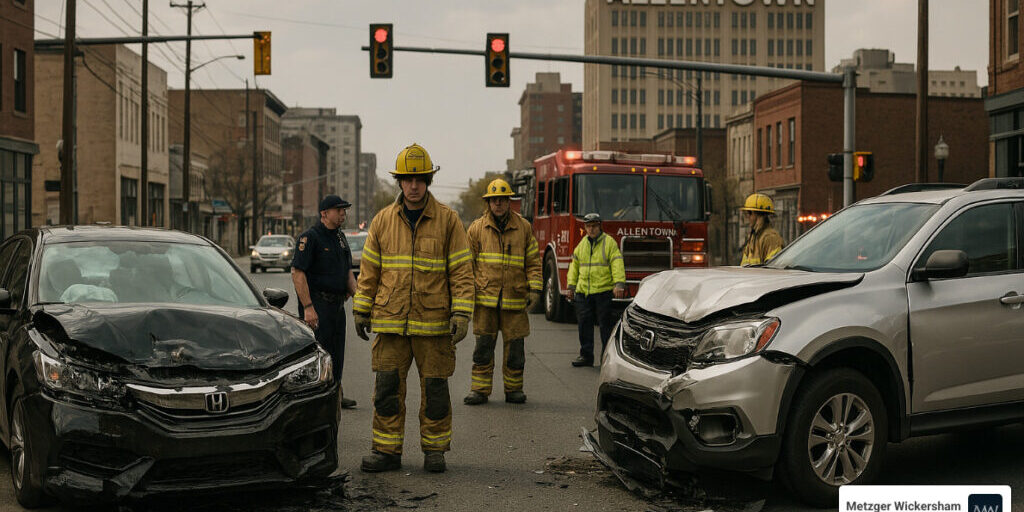
Crash Course: Choosing the Right Allentown Car Accident Lawyer
Why Hiring an Allentown Car Accident Lawyer Matters If you've recently been hurt in a car accident and need...
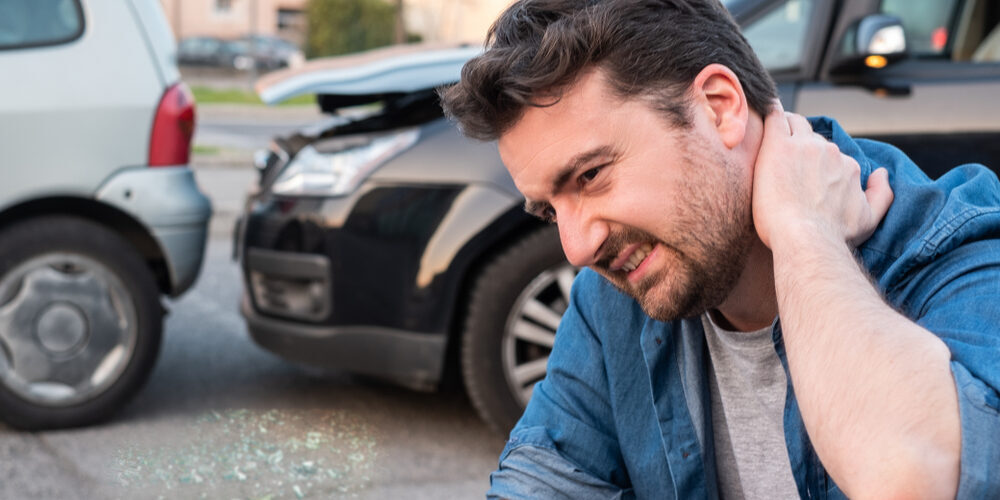
Legal Lifelines: Navigating Car Accident Advice
When Life Takes a Sudden Turn: Car Accident Legal Advice Car accident legal advice is crucial immediately after a...
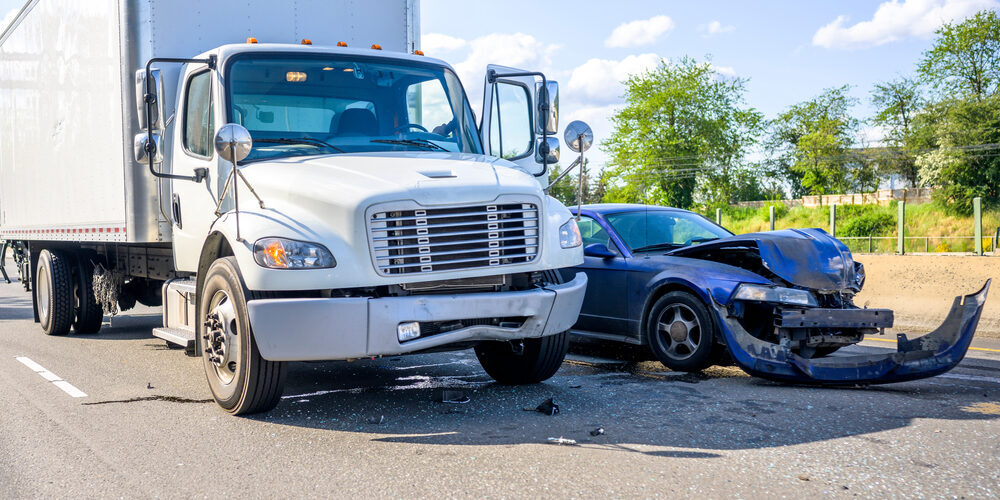
Step-by-Step Guide to Finding a Truck Accident Lawyer in Harrisburg
If you're looking for a truck accident lawyer harrisburg, you want prompt and effective legal representation to secure the...
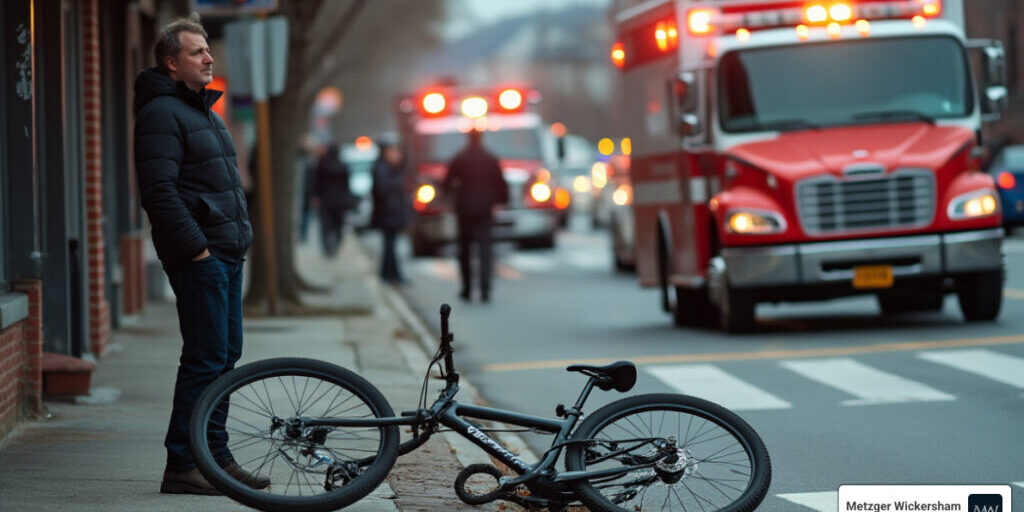
Harrisburg Bike Accident Lawyers: Paving the Way to Justice
In the busy streets of Harrisburg, cyclists face various risks every day. Harrisburg bike accident lawyer services are crucial...
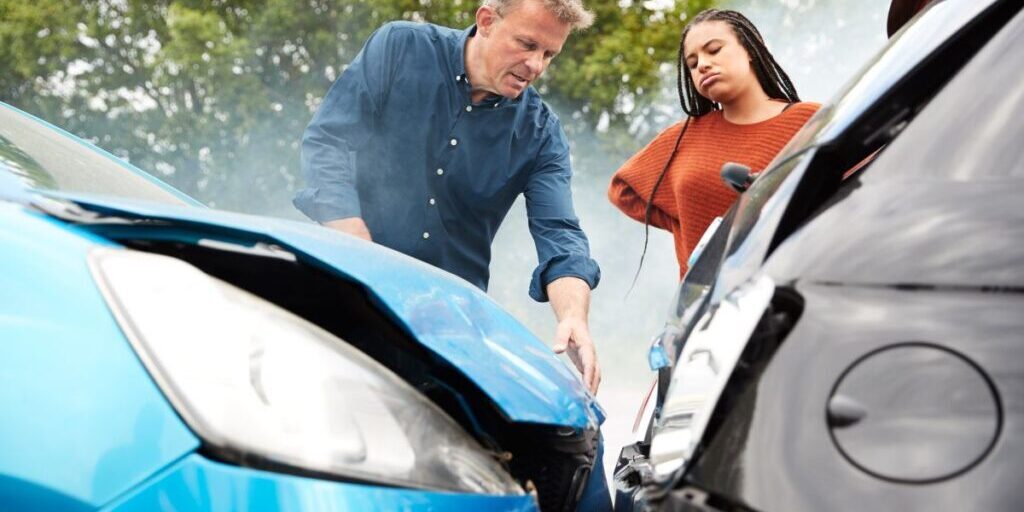
Your Neighborhood Guide to Car Accident Injury Lawyers
When you're unexpectedly involved in a car accident, it feels like your world has turned upside down. The immediate...

Securing Legal Representation for Truck Accidents: A Comprehensive Guide
Truck accident legal help is crucial if you're seeking justice after a severe collision. Whether you're overwhelmed by the...
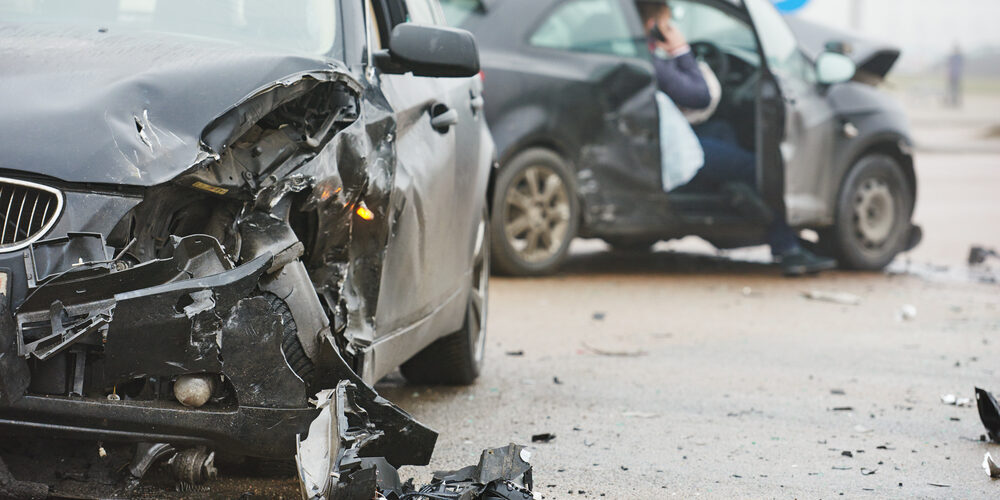
Your Guide to Finding a Nearby Auto Accident Attorney
Auto accident lawyer near me. Navigating through the aftermath of a car accident can be overwhelming, especially when dealing...
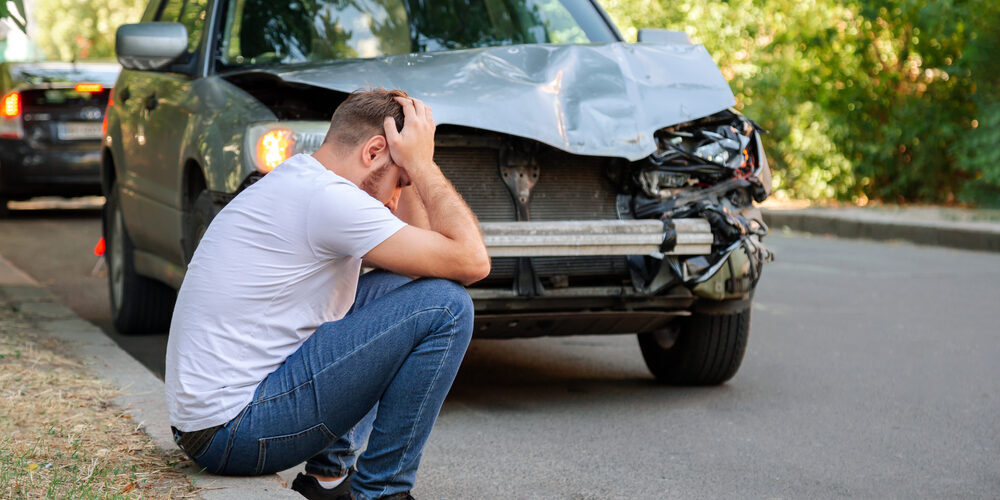
In the Driver’s Seat: Choosing a Motor Vehicle Accident Lawyer in Philadelphia
Motor vehicle accident attorney philadelphia pa services are crucial for anyone involved in a car accident, which can turn...

Close to Home: Choosing a Personal Injury Lawyer for Medical Malpractice
Searching for a personal injury lawyer near me for medical malpractice means you need immediate, local support to handle...
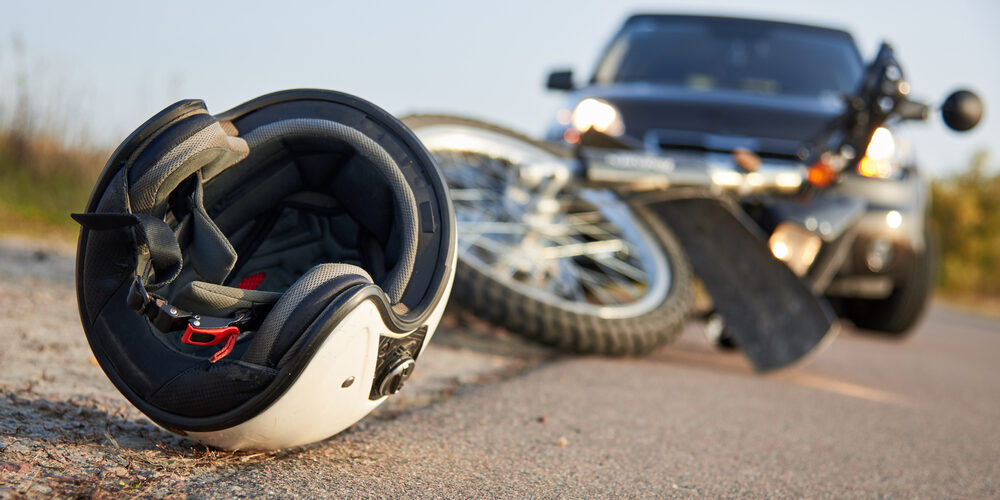
Harrisburg Motorcycle Accident Lawyers: Steering You Towards Justice
Harrisburg motorcycle accident lawyer assistance can be crucial after a crash, especially when you're overwhelmed by medical bills and...
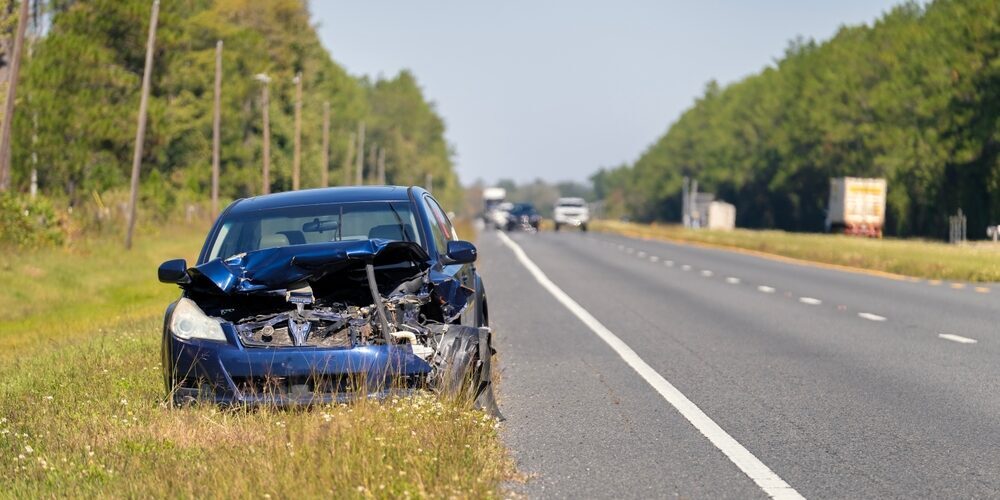
The Road to Recovery: Legal Advice for Auto Accident Insurance Claims
When faced with the aftermath of a car accident, auto accident insurance attorney help is often crucial in navigating...

The Ultimate Guide to Harrisburg Injury Attorneys: What You Need to Know
Harrisburg injury attorney services can be your lifeline when facing the aftermath of an accident. Whether you're dealing with...
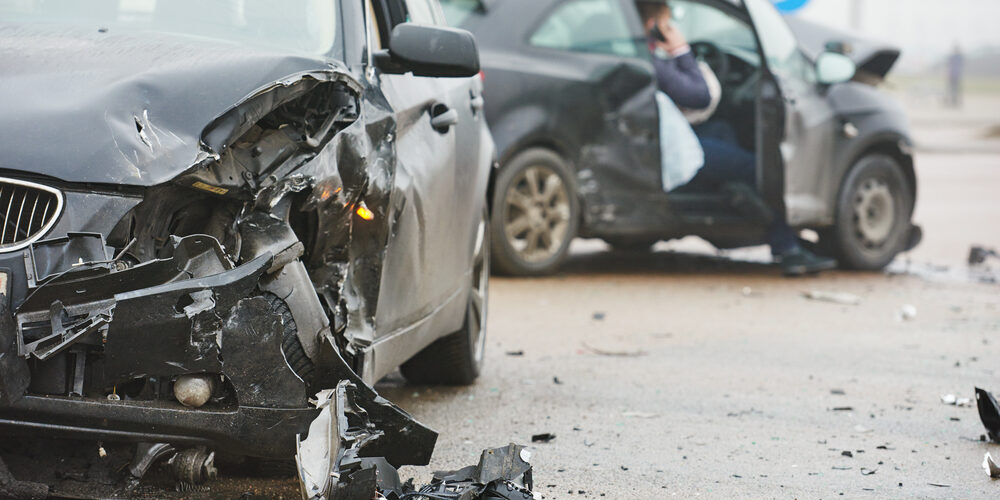
What to Do After a Car Crash: Your Legal Guide
When a car crash disrupts your life, understanding the right steps to take can feel overwhelming. Car crash legal...

Steering Through Legal Challenges: Top Car Accident Attorneys in Wilkes-Barre
Car accident attorney Wilkes-Barre is your first step toward regaining control after an unexpected crash. If you’ve been involved...

From Diagnosis to Defense: Finding a Lawyer for Doctor Negligence
Lawyers that sue doctors for negligence stand as crucial allies when medical care turns into a source of harm...
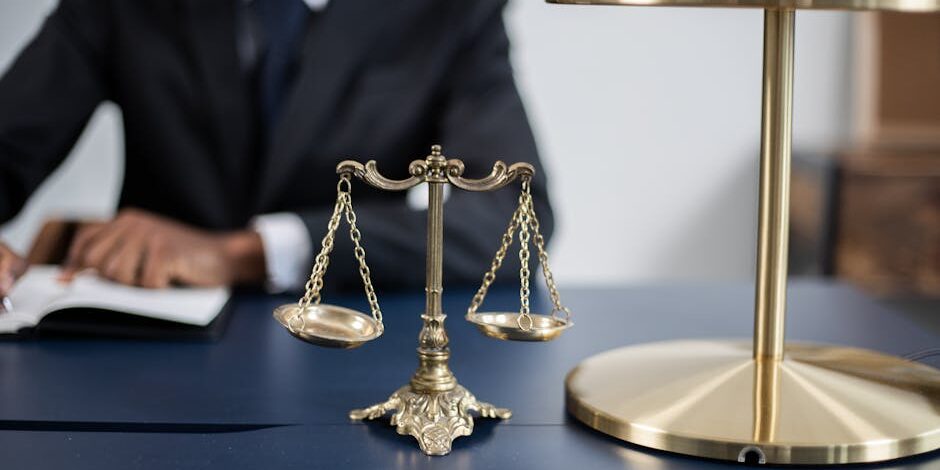
Navigating Medical Neglect: How to Choose the Best Attorney
Medical neglect attorneys are your allies in seeking justice when healthcare goes wrong. If you've experienced medical negligence, understanding...

Finding the Best: Top Rated Malpractice Lawyers Near Me
Top rated malpractice lawyers near me can make a significant difference when dealing with the aftermath of a medical...

Your Guide to Finding Local Medical Malpractice Law Firms
Malpractice law firms near me are essential resources for individuals who find themselves navigating the intricate waters of medical malpractice...

Nearby Medical Lawsuit Lawyers: How to Choose the Right One
Finding medical lawsuit lawyers near me can be a crucial step for individuals who have suffered due to medical malpractice....

Winning Your Brachial Plexus Injury Lawsuit: A Step-by-Step Guide
A brachial plexus injury lawsuit can help families find justice when birth injuries occur due to medical negligence. These...

From Botched to Better: Legal Help for Surgery Gone Wrong
If you're seeking botched surgery lawyers, you're probably dealing with the aftermath of a surgical procedure gone wrong. The...

Eye-Opening Legal Advice: Navigating Malpractice Claims
Navigating the intricate field of eye surgery requires meticulous care, precision, and adherence to medical standards. Specialized procedures like...

When Surgery Goes South: Understanding Your Legal Options
Searching for a surgery malpractice lawyer? Here’s what you need to know: Surgical Errors: Mistakes during surgery that can...

Plastic Surgery Gone Wrong? Here’s How a Lawyer Can Help
If you're searching for a plastic surgery lawyer, here's what you need to know: Filing a Lawsuit: You may...

Doctor Malpractice Dilemmas: A Guide to Finding the Right Lawyer
When faced with doctor malpractice, finding an attorney for doctor malpractice is crucial for navigating the legal complexities and...

The Complete Guide to Finding a Medical Malpractice Lawyer
When you're looking for a medical malpractice lawyer, it’s crucial to understand how they can help you steer the complex...

Disability Lawyers Decoded: Your Path to Legal Assistance
A disability lawyer can be your greatest ally when navigating the labyrinth of Social Security Disability (SSD) claims. If you're...

Navigating the Legal Maze: How to Choose a Local Medical Malpractice Attorney
Finding a local medical malpractice attorney can be the difference between navigating the legal system efficiently or feeling lost amidst...

Good Malpractice Lawyers: Navigating Your Legal Journey
Good malpractice lawyers are essential in guiding you through the challenging legal landscape of medical malpractice claims. They ensure that...

Why You Need a Truck Accident Lawyer in Lancaster After a Collision
Truck accidents can be devastating, often resulting in severe injuries, extensive property damage, and complicated legal claims. If you or...

Cosmetic Surgery Malpractice Lawyers: The Key to Unlocking Your Case
When considering cosmetic surgery, patient safety should be a top priority. However, if you find yourself struggling with unforeseen complications,...

What to Do After a Motorcycle Crash: Advice from a Pottsville Motorcycle Accident Lawyer
Motorcycle accidents can be devastating, leaving riders with severe injuries, costly medical bills, and a long road to recovery. If...

How Much Is My Auto Accident Claim Worth? An Auto Accident Lawyer in Harrisburg Explains
If you’ve been injured in a car accident, you may be wondering how much your claim is worth. The reality...

Paying Taxes on Workers’ Compensation Benefits
- by Metzger Wickersham Attorney Craig Love Under Pennsylvania law, workers’ compensation benefits are tax free. 26 U.S. Code §104(a)(1)...

The Importance of Hiring a Local Motorcycle Accident Lawyer in York
Motorcycle accidents can have life-changing consequences, and if you’re a victim in York, Pennsylvania, it’s crucial to have the right...

A Guide from an Injury Lawyer in Williamsport: Immediately After an Accident
Being involved in an accident, whether it’s a car crash, slip and fall, or workplace injury, can be overwhelming and...

Wilkes-Barre Motorcycle Accident Attorney: The Legal Process of Filing a Lawsuit
Motorcycle accidents can result in severe injuries, financial strain, and emotional stress. If you've been involved in a motorcycle crash...

Top 5 Reasons to Hire a Personal Injury Lawyer in Shippensburg
If you’ve been injured in an accident in Shippensburg, whether it’s a car crash, a slip and fall, or a...

What to Do if You Suspect Nursing Home Abuse: A Lancaster Nursing Home Abuse Lawyer’s Guide
If you have a loved one living in a nursing home, the last thing you want to imagine is that...

What to Expect During Your First Meeting with an Auto Accident Lawyer in Pottsville
If you’ve been involved in an auto accident and are searching for legal assistance, the first consultation with an auto...

Harrisburg Truck Accident Lawyer: Essential Steps to Safeguard Your Health & Rights
Truck accidents are some of the most devastating and complex incidents that can occur on the road. The aftermath of...

The Impact of Truck Accidents on Your Life: Insights from a Frederick Truck Accident Attorney
A truck accident can be a life-altering event, leaving victims with severe injuries, emotional trauma, and financial hardship. Due to...

Understanding Statute of Limitations in Medical Malpractice Cases: A York Medical Malpractice Lawyer Explains
If you or a loved one has suffered due to medical negligence, time is of the essence. In Pennsylvania, medical...

The Importance of Choosing a Skilled Williamsport Nursing Home Abuse Attorney
When a loved one is placed in a nursing home, families trust that they will receive compassionate and professional care....

Signs of Nursing Home Abuse and How a Wilkes-Barre Nursing Home Abuse Attorney Can Help
When families entrust the care of their elderly loved ones to a nursing home, they expect compassionate and professional treatment....

Distracted Driving: How a Lancaster Car Accident Attorney Can Prove Fault
Distracted driving is one of the leading causes of car accidents in Lancaster, Pennsylvania. With the increasing use of smartphones,...

What to Expect When Hiring a Pottsville Truck Accident Attorney
If you have been involved in a truck accident in Pottsville, Pennsylvania, you may be facing serious injuries, medical bills,...

The Impact of Pre-Existing Conditions; Insights from a Harrisburg Personal Injury Lawyer
If you have been injured in an accident and already had a pre-existing medical condition, you may be wondering how...

Steps to Take After a Workplace Injury: Advice from an Injury Lawyer in Frederick
Workplace injuries can happen unexpectedly, leaving employees in a difficult and stressful situation. Whether it’s a slip and fall, machinery...

What to Do After a Truck Rear-End Accident: Advice from a York Truck Accident Lawyer
Rear-end collisions involving large trucks can lead to serious injuries and significant vehicle damage. Given the size and weight of...

Understanding Pennsylvania’s Statute of Limitations for Car Accident Claims: A Guide from an Auto Accident Lawyer in Williamsport
When you are involved in an auto accident, the aftermath can be overwhelming. From medical expenses to vehicle repairs and...

What to Do Immediately After a Truck Accident: Advice from a Wilkes-Barre Truck Accident Attorney
A truck accident can leave you feeling overwhelmed, injured, and unsure of what to do next. Taking the right steps...

The Legal Challenges of T-Bone Accidents: How a Shippensburg Car Accident Lawyer Can Help
T-bone accidents, also known as side-impact collisions, are among the most dangerous types of car crashes. These accidents occur when...

Motorcycle Accidents: How a Lancaster Personal Injury Lawyer Can Protect Your Rights
Motorcycle accidents are a common yet devastating reality, and the consequences for victims can be severe. Whether due to another...

The Importance of Timely Action: Why You Should Contact a Personal Injury Attorney in Pottsville Right Away
When you're injured due to an accident or someone else's negligence, the physical, emotional, and financial toll can be overwhelming....

How a Harrisburg Nursing Home Abuse Attorney Can Help You Seek Justice
Nursing home abuse is a heartbreaking reality that too many families have to face. The thought that a loved one,...

How a Nursing Home Abuse Lawyer in Frederick Helps Hold Care Facilities Accountable
When you entrust a loved one to a nursing home, you expect them to receive the care and respect they...

How a York Personal Injury Lawyer Can Help with Motorcycle Accident Claims
Motorcycle accidents often result in serious injuries, and the consequences can be life-altering. Whether it’s due to another driver’s negligence,...



